Disclaimer
All content and information (including recipes, articles, and other materials) on CookingHub.com are the opinions of the authors and are not intended to provide dietary, medical, legal, or political advice. Consult with a professional before deciding to follow these opinions.
Authors and www.CookingHub.com (operated by CookingHub Foundation) are not responsible for any part of any possible outcome or its consequences, which include (but are not limited to):
- Any health risk related to the handling of food, food quality, and/or not following USDA recommendations (including minimum safe serving temperatures and other guidelines).
- Safety during preparation, including the handling of equipment and the equipment’s suitability for food preparation.
- Improper performance of cooking techniques.
- Sourcing of ingredients, providing tools, equipment, and anything else related to the preparation and consumption of the products of this recipe.
- Nutritional data and information and diet-related information (and their accuracy). It is important to consult with your medical provider to ensure that the diet you are considering is suitable for you and to verify the information provided before proceeding.
- The overall outcome of following recipes, including the look and taste of the final product.
- Possible errors in articles and recipes (including incorrectly or unclearly explained steps and directions).
- Typos.
All readers (users and visitors of www.CookingHub.com) are responsible for evaluating the recipes and articles and making their own decisions about whether to follow the steps and recommendations. They must ensure that the ingredients and steps fit with their dietary restrictions and avoid preparation methods that could pose a health risk due to an unsuitable diet.


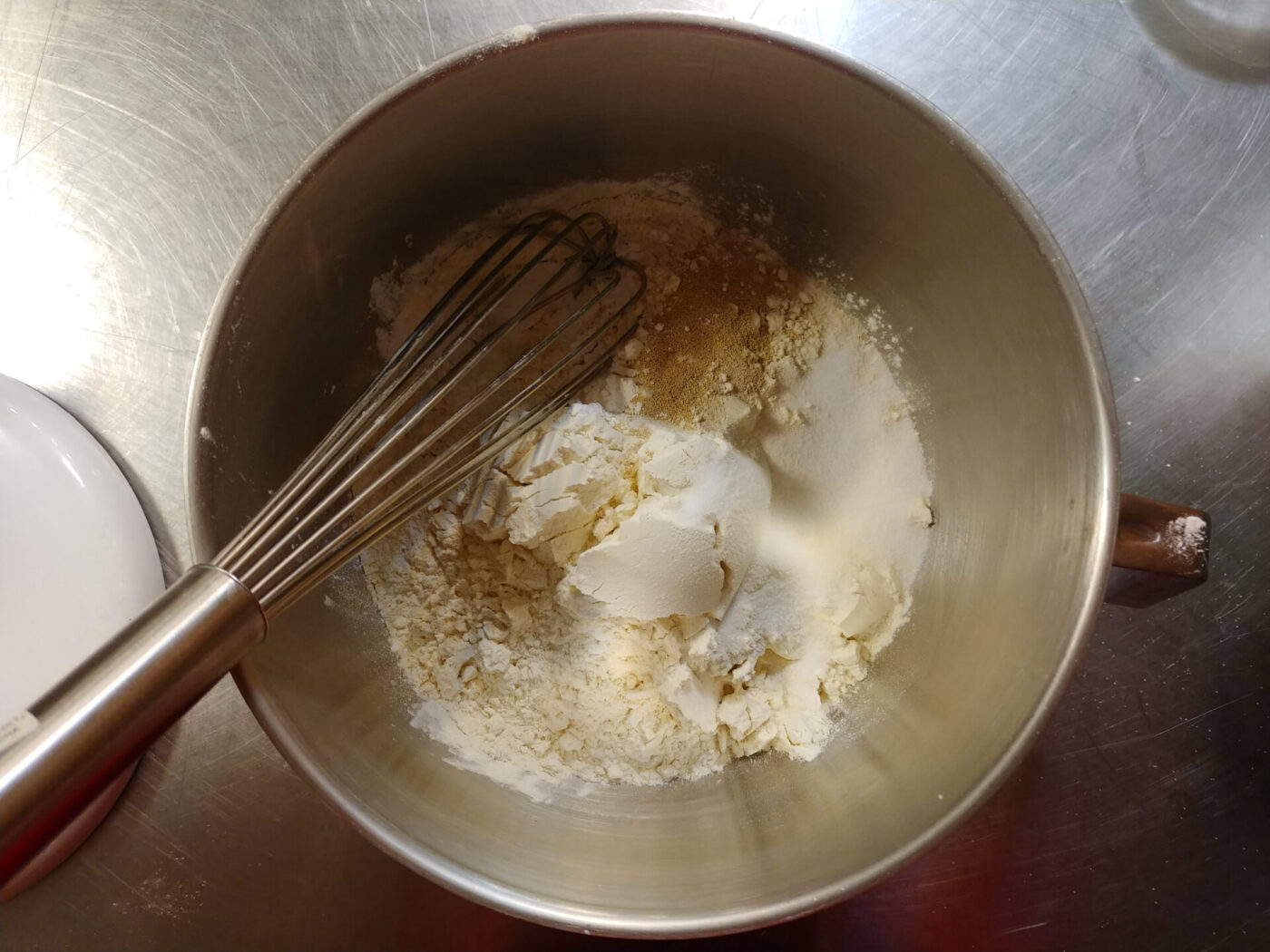
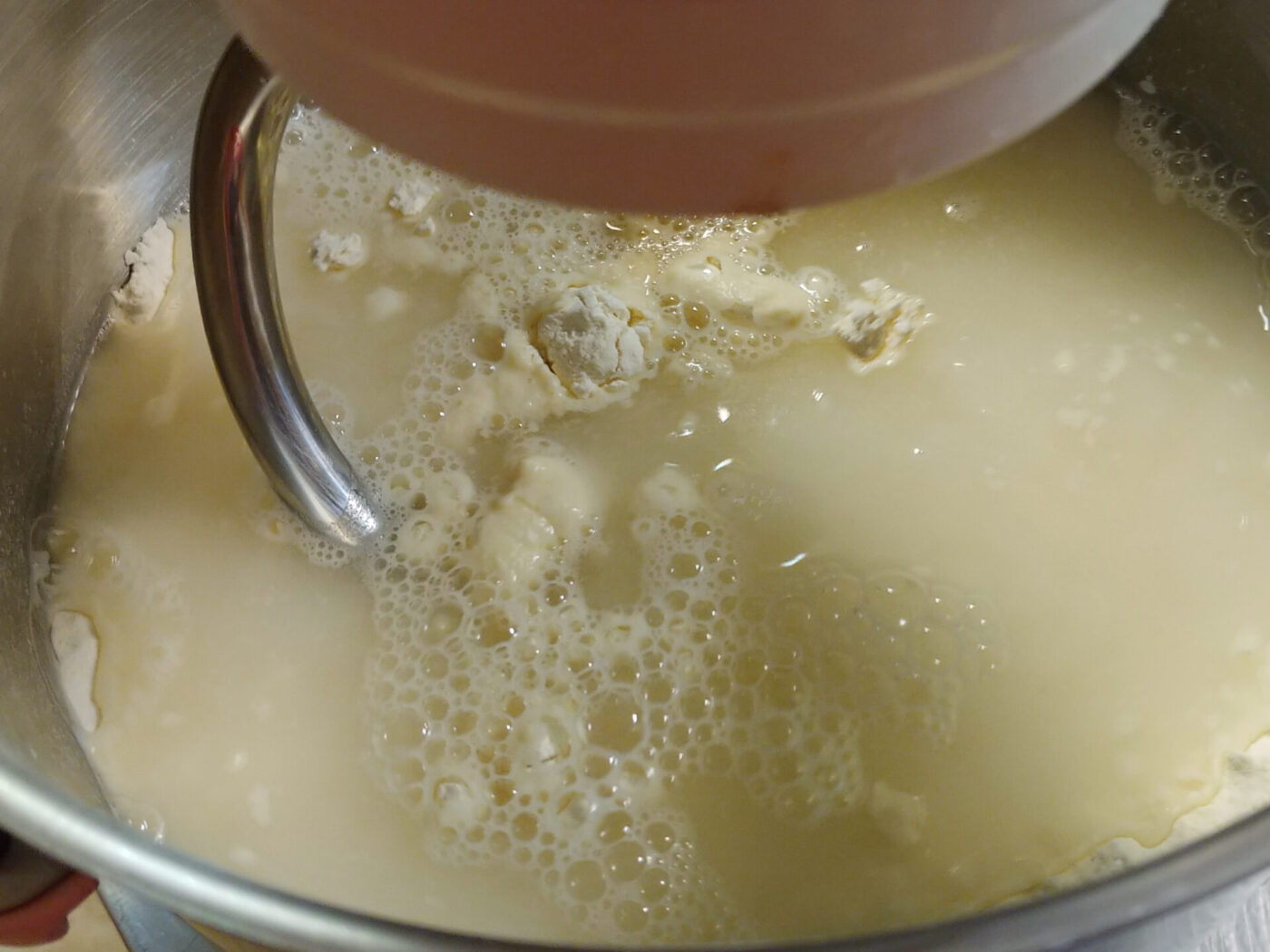
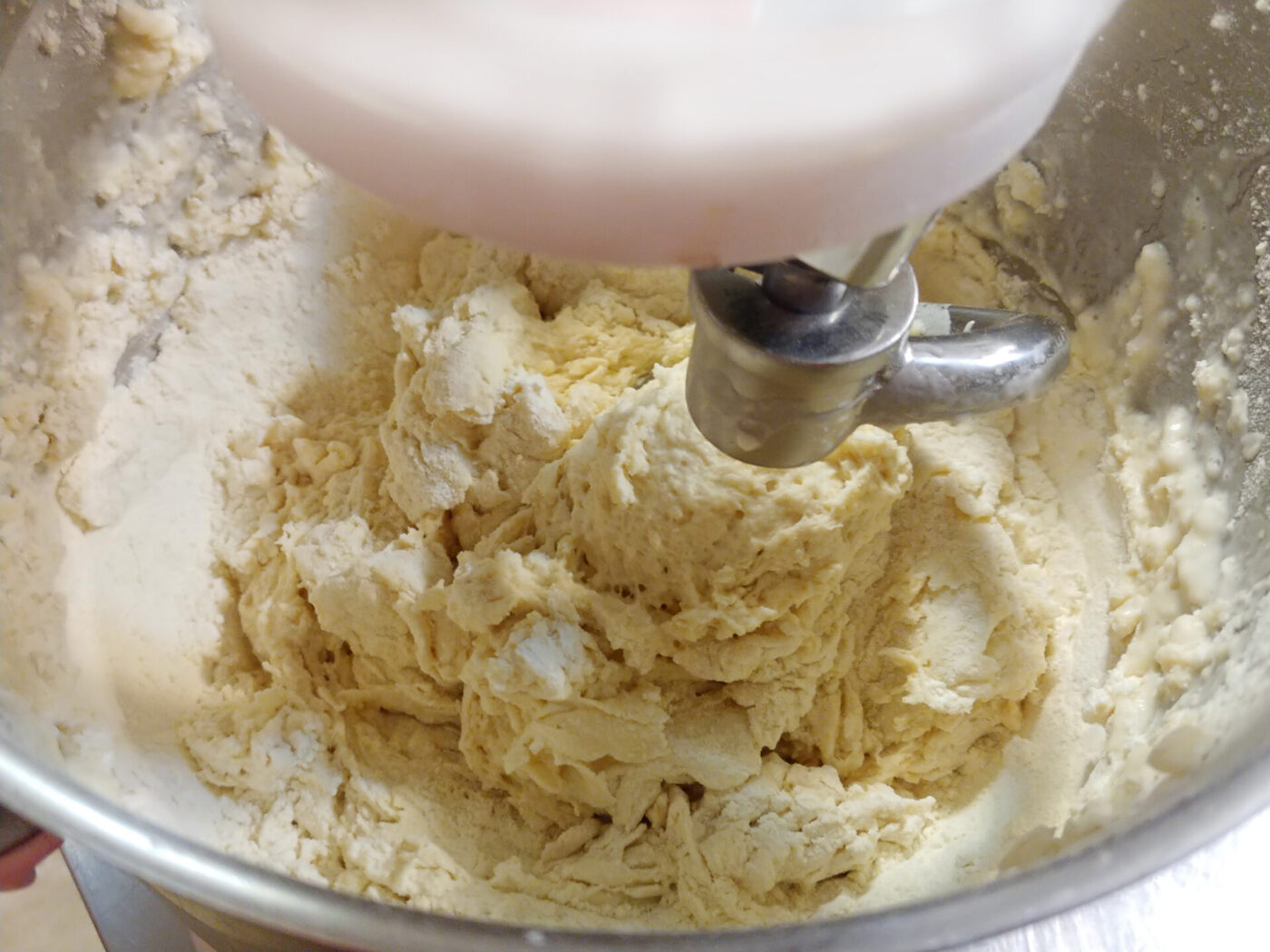
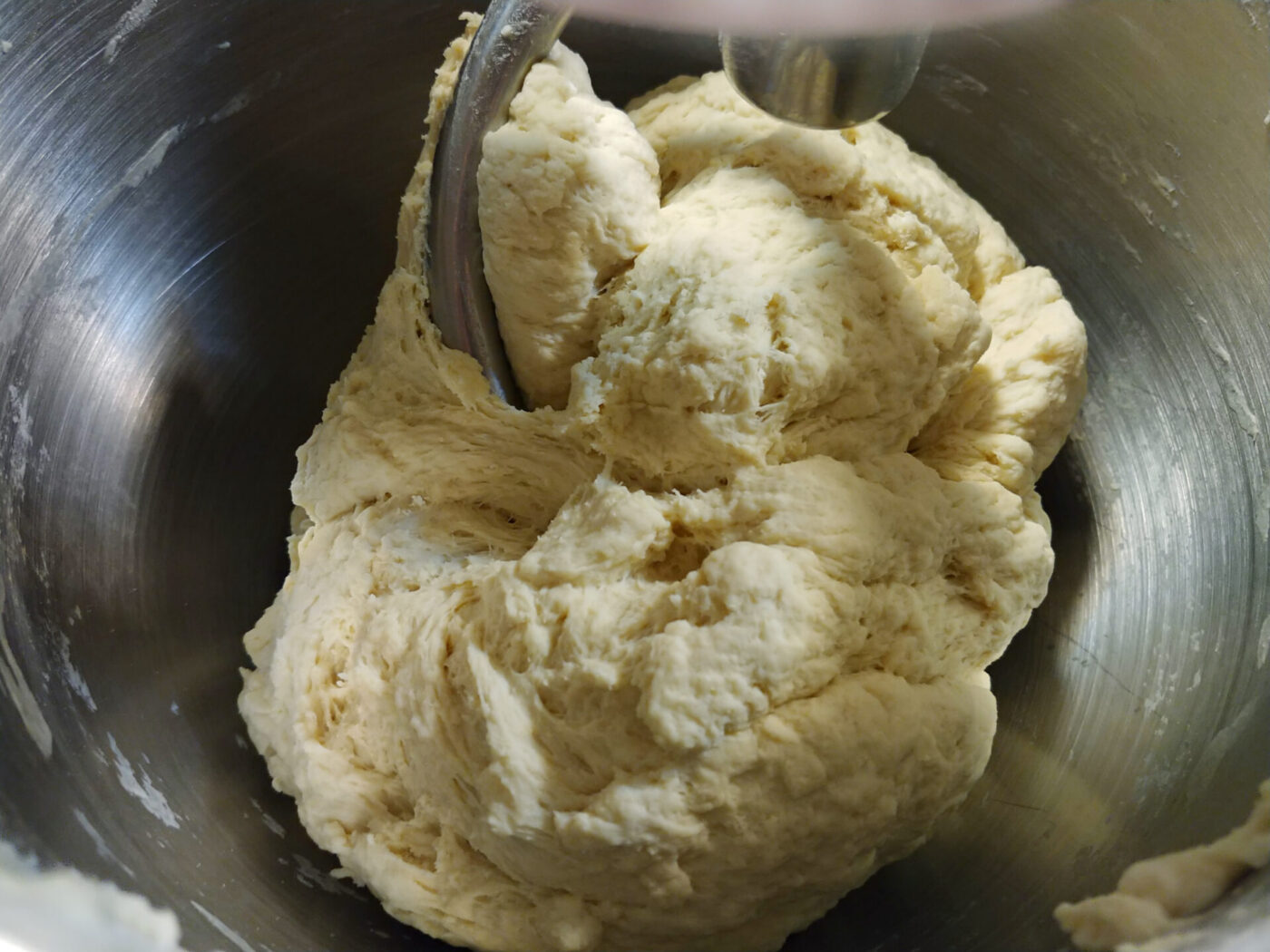
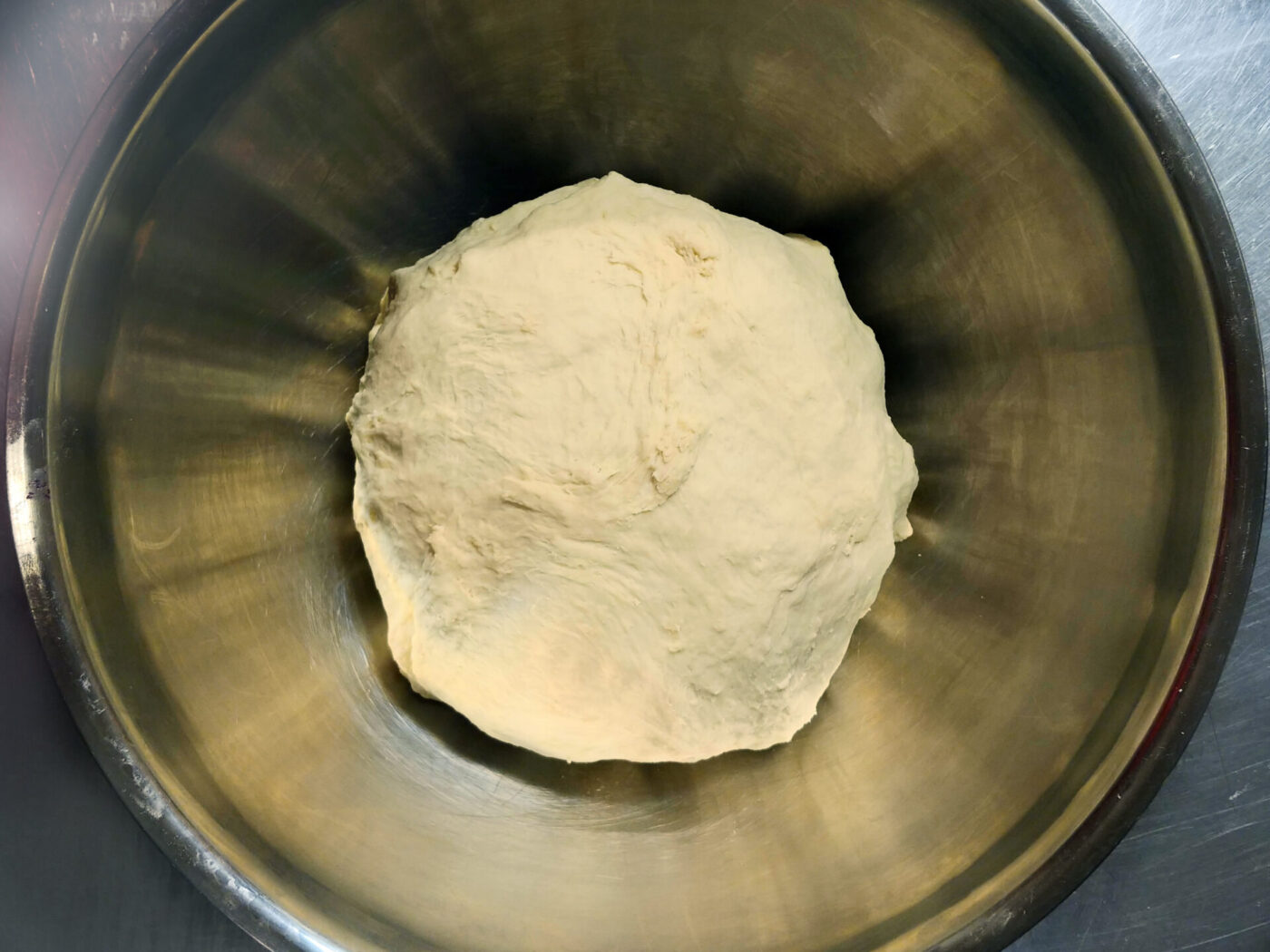
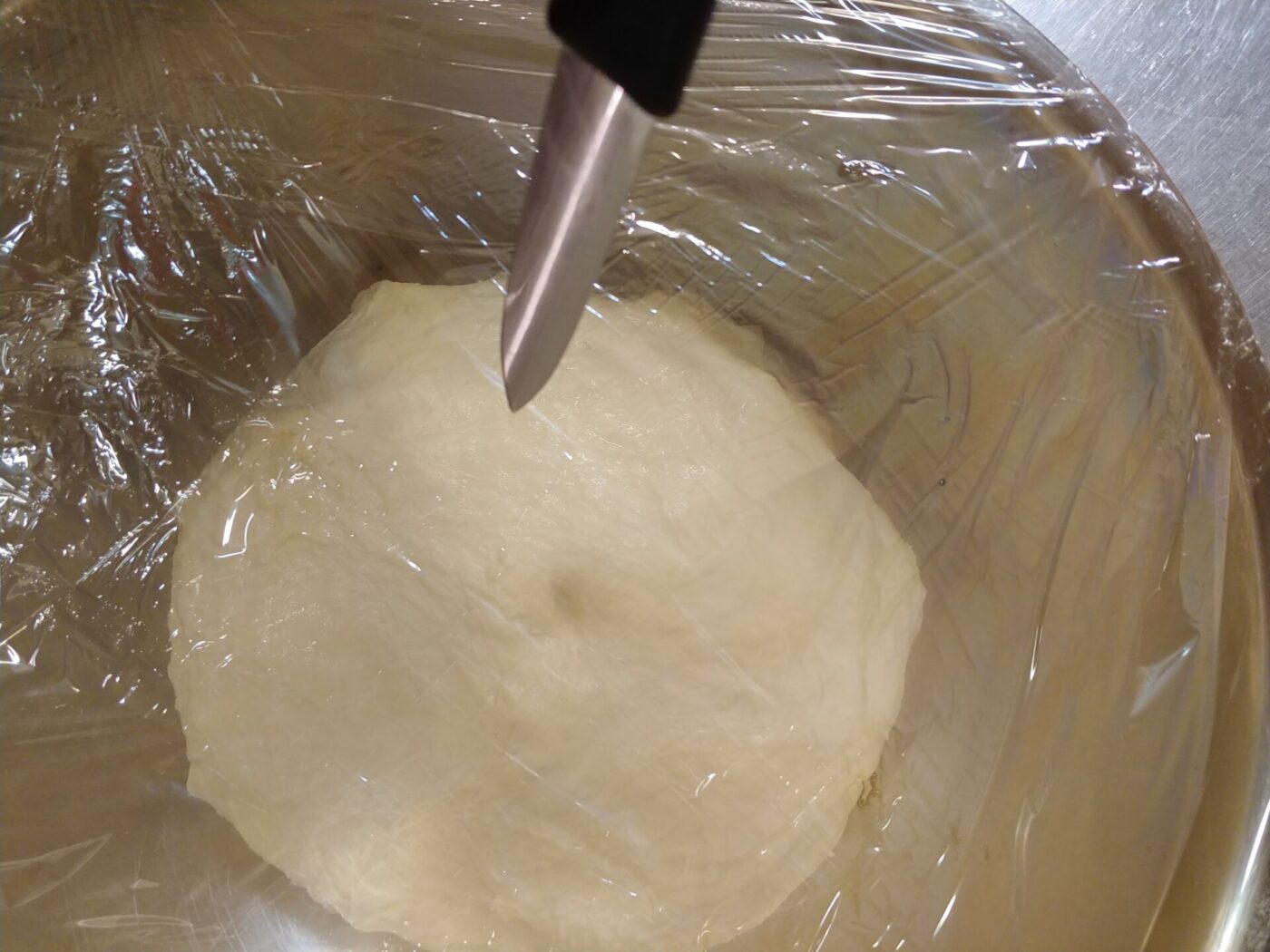
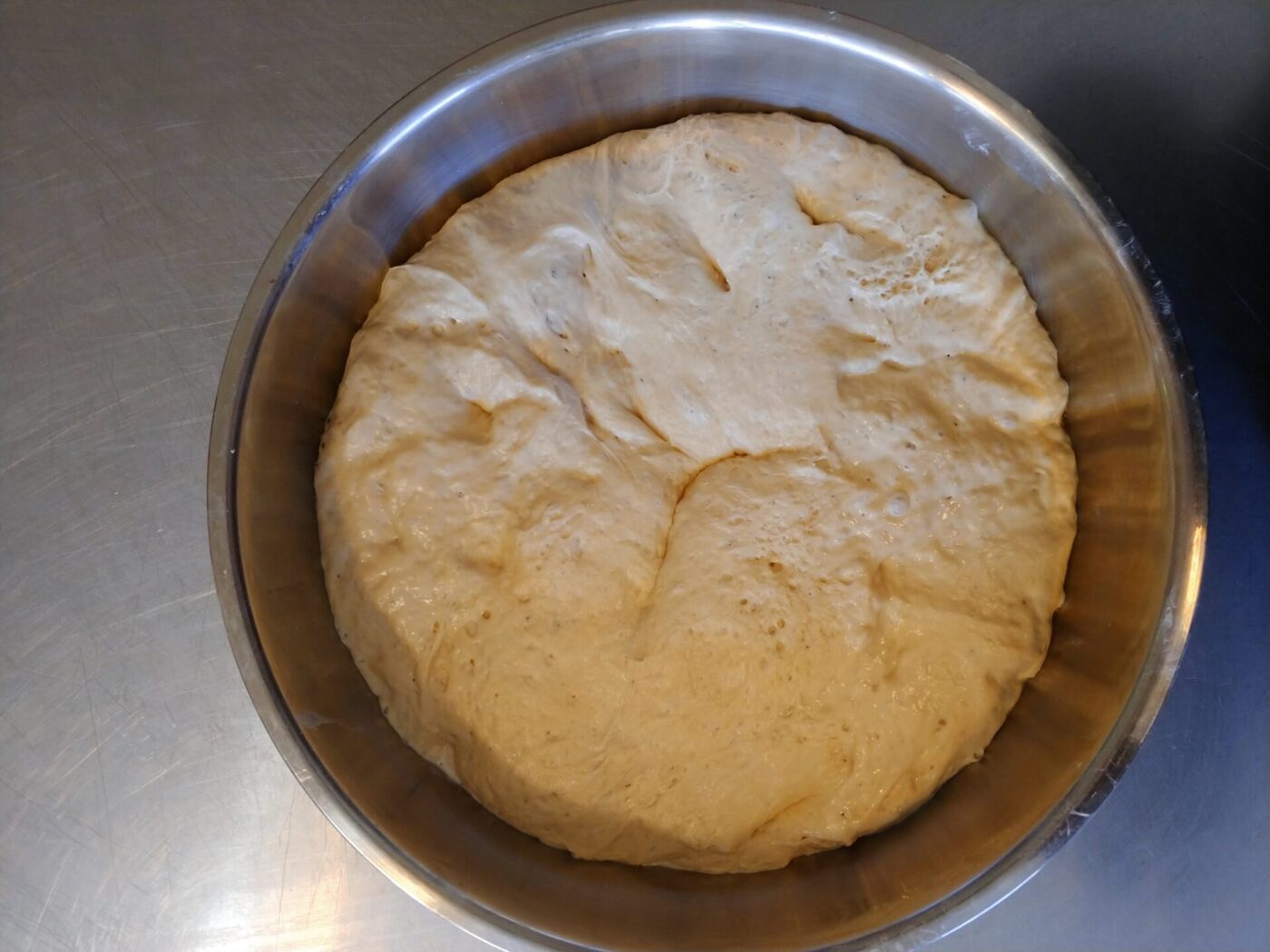
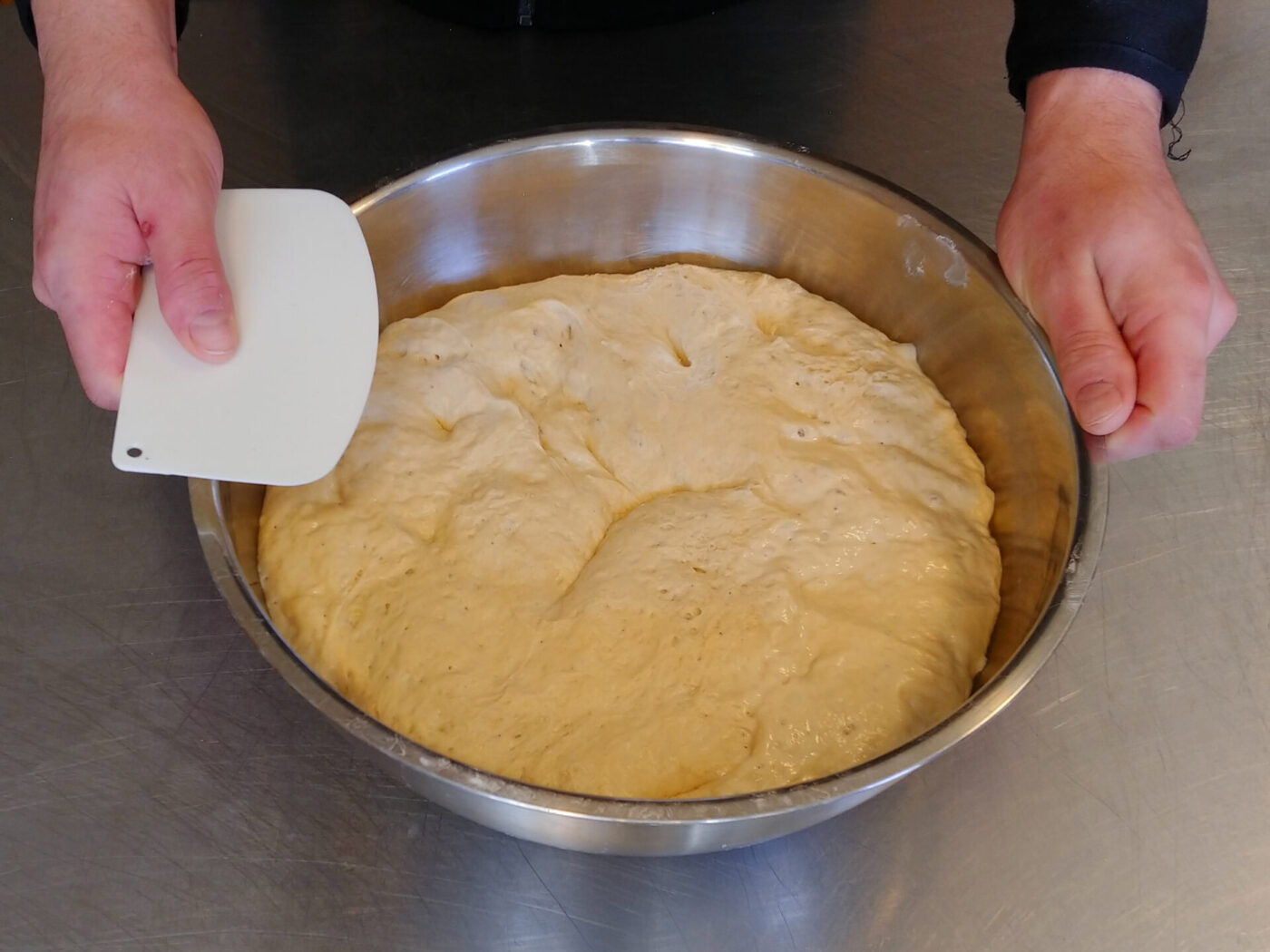
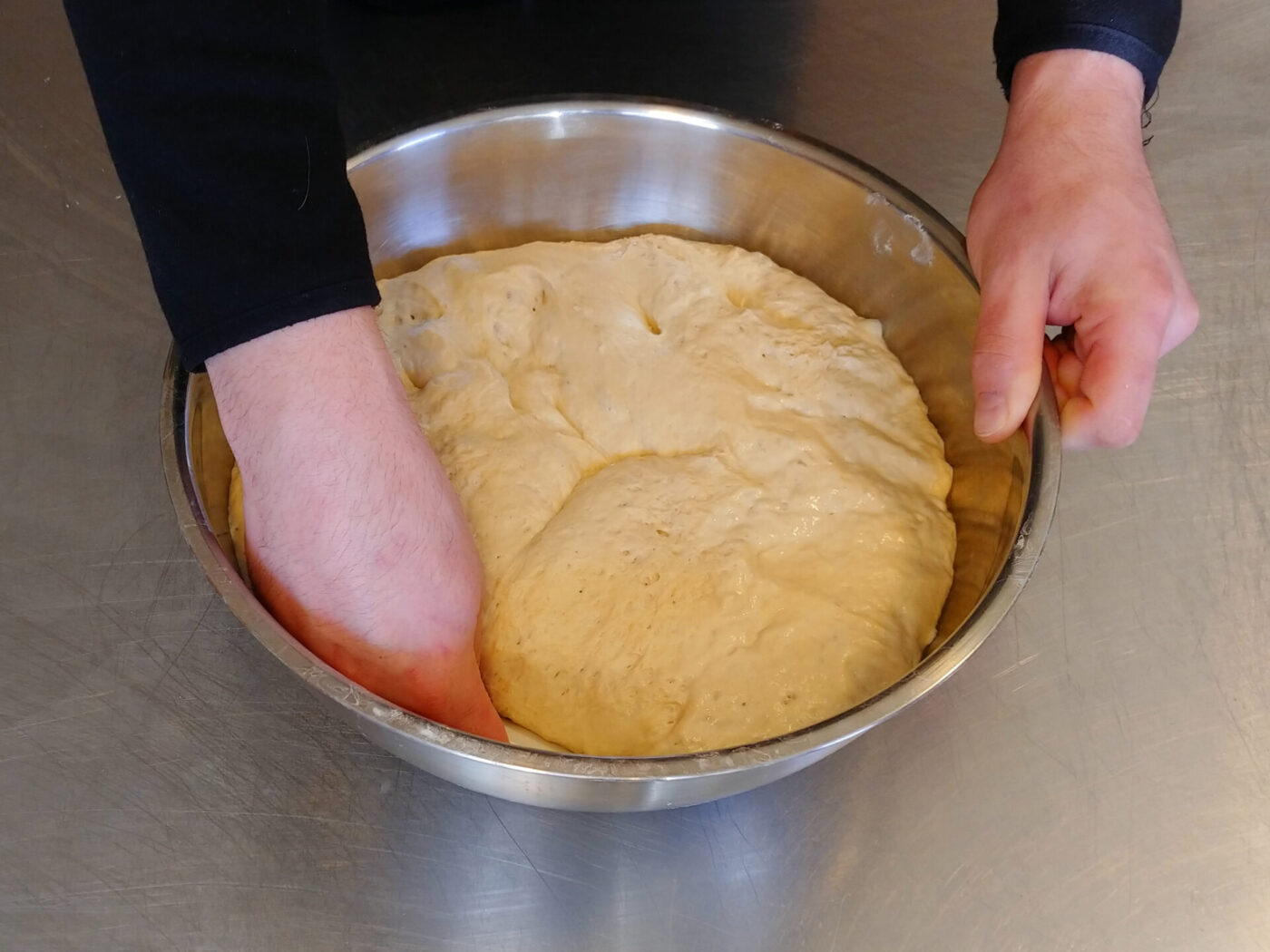
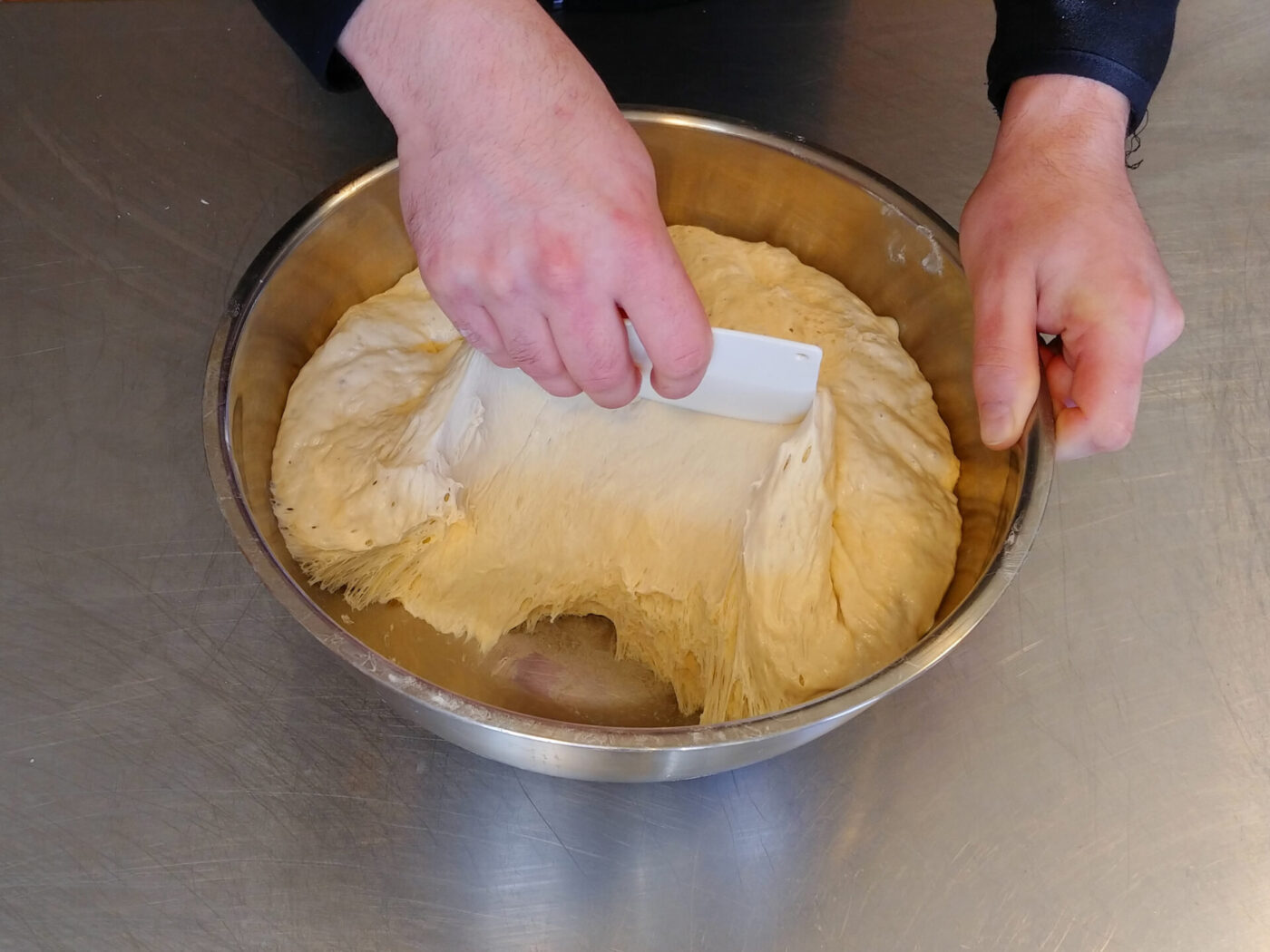
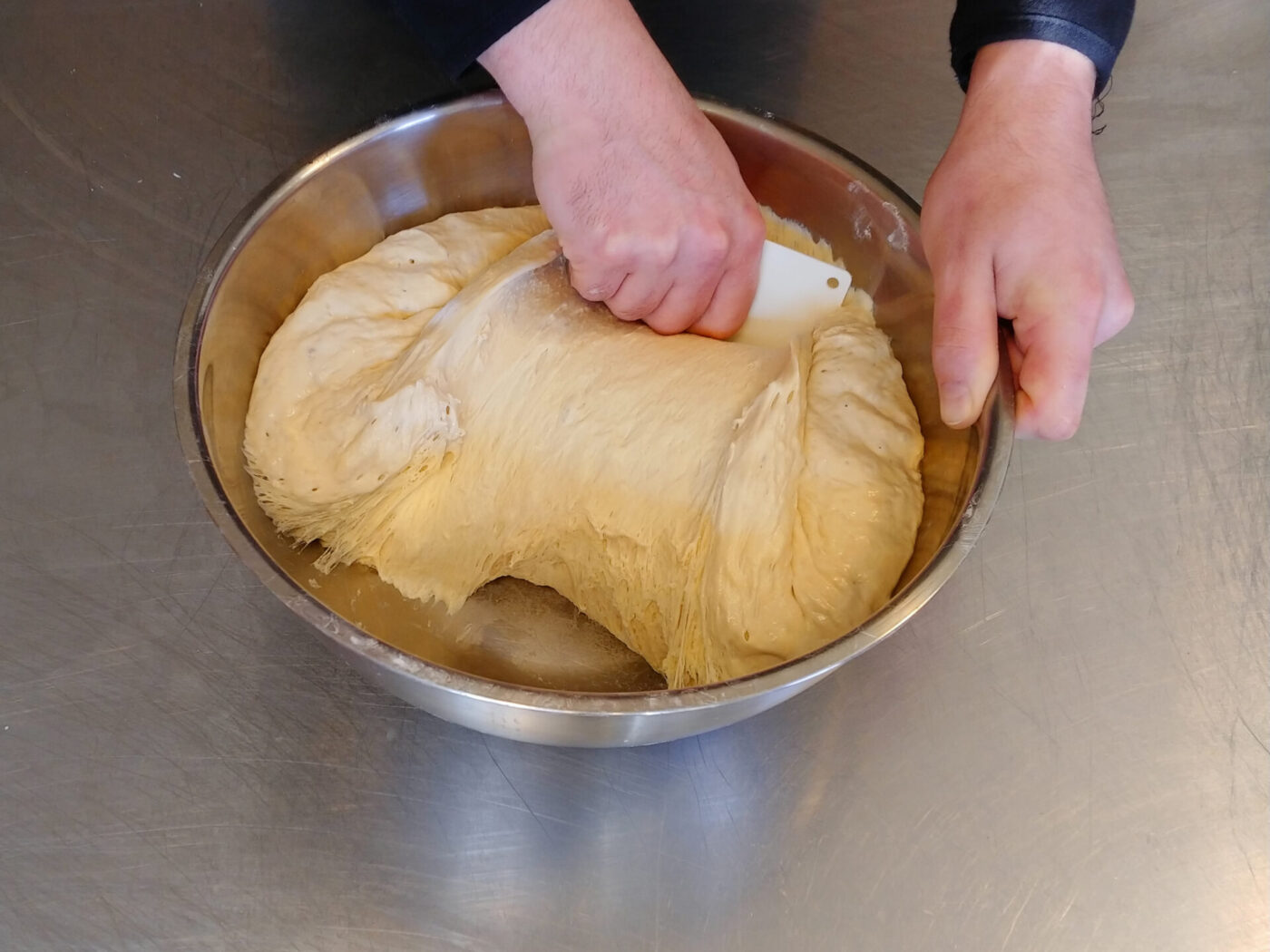
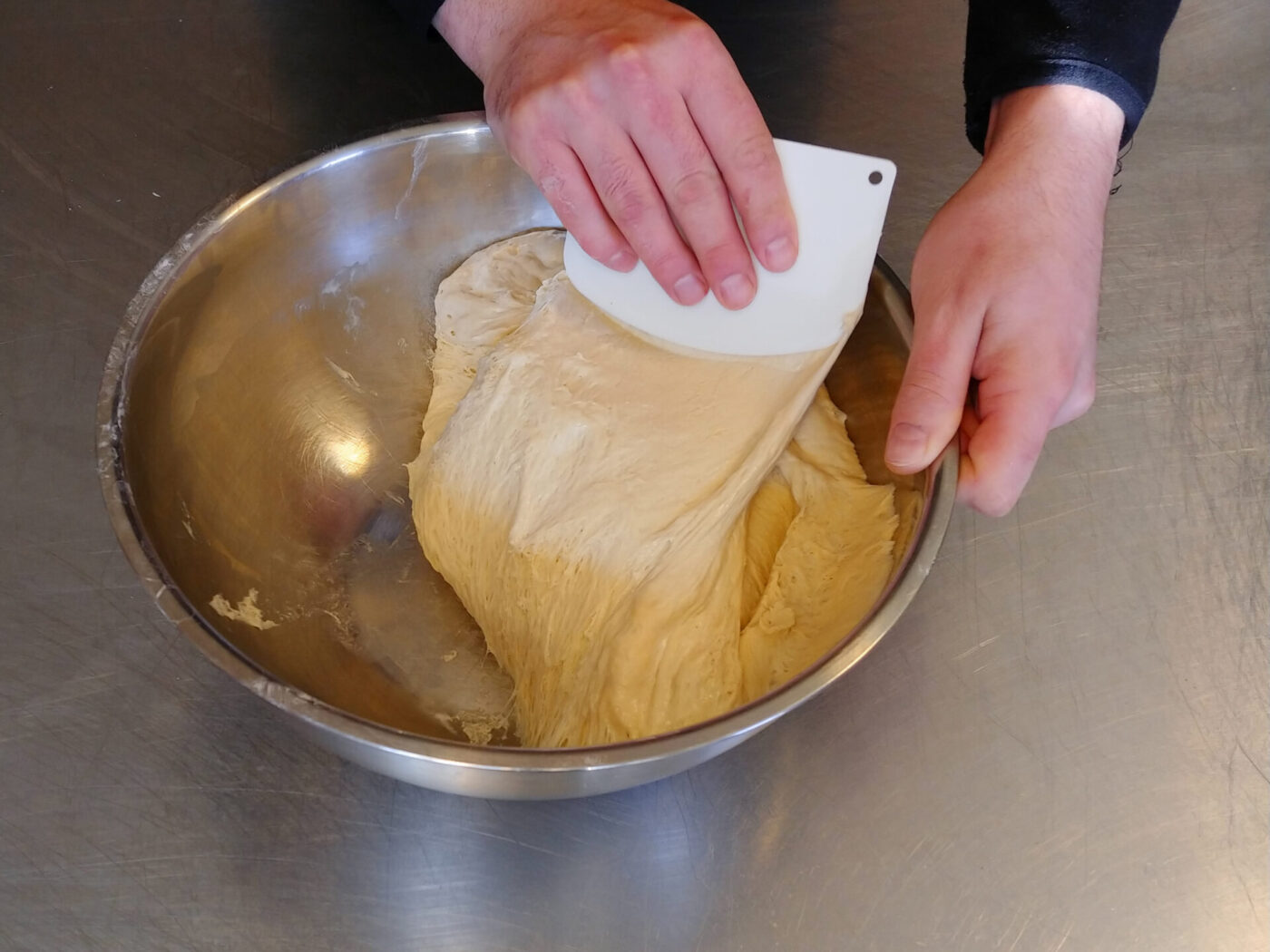
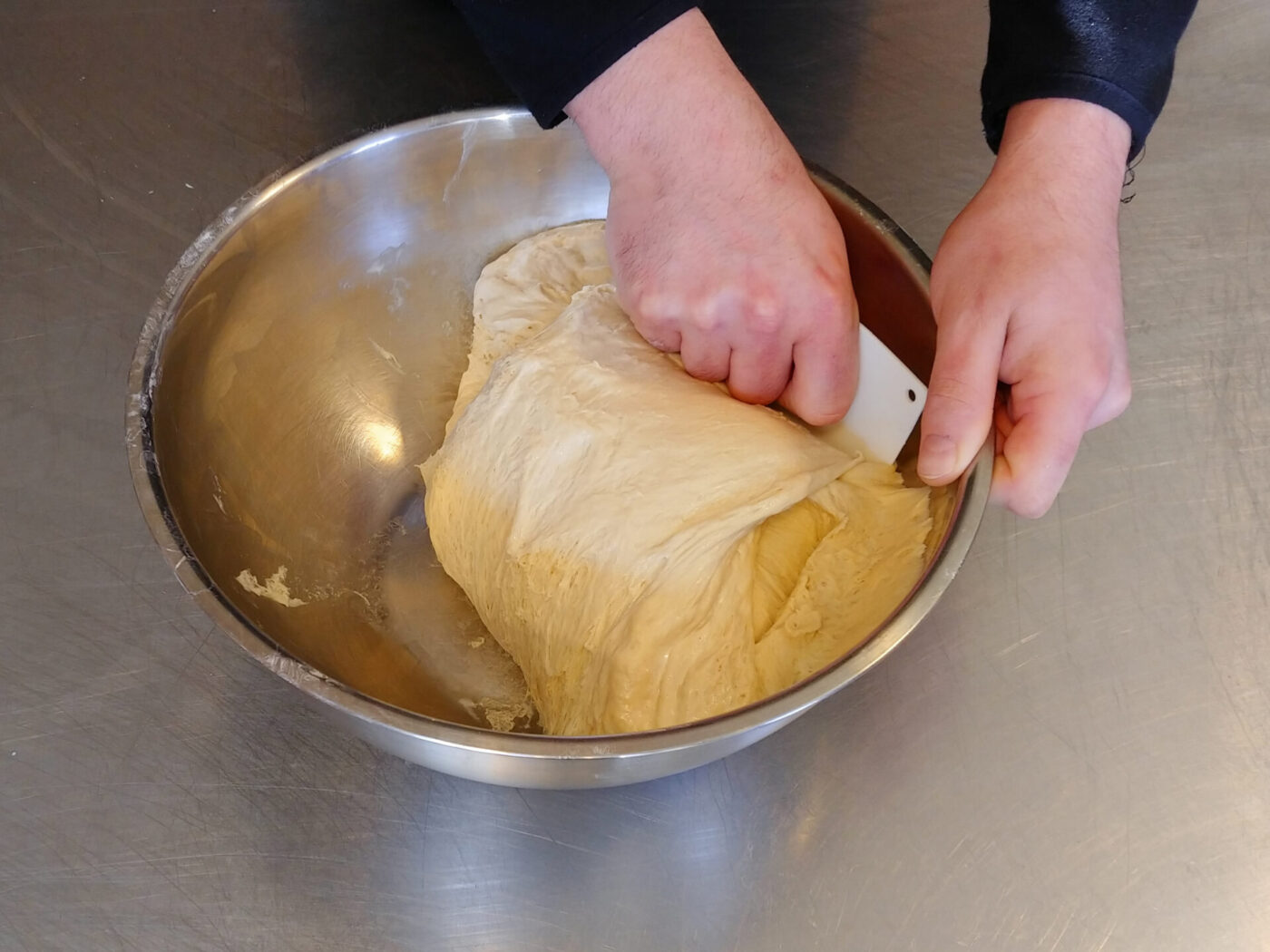
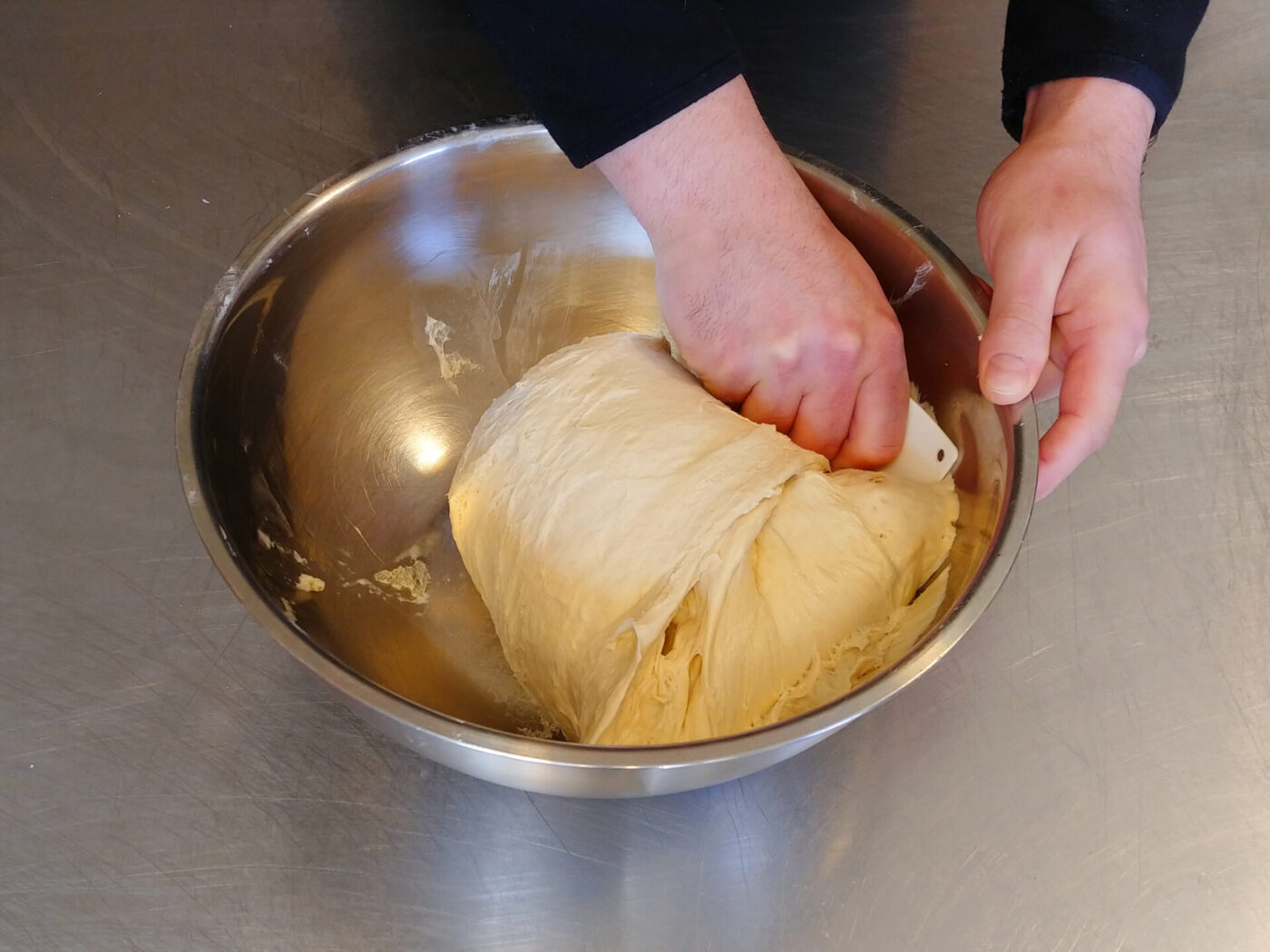
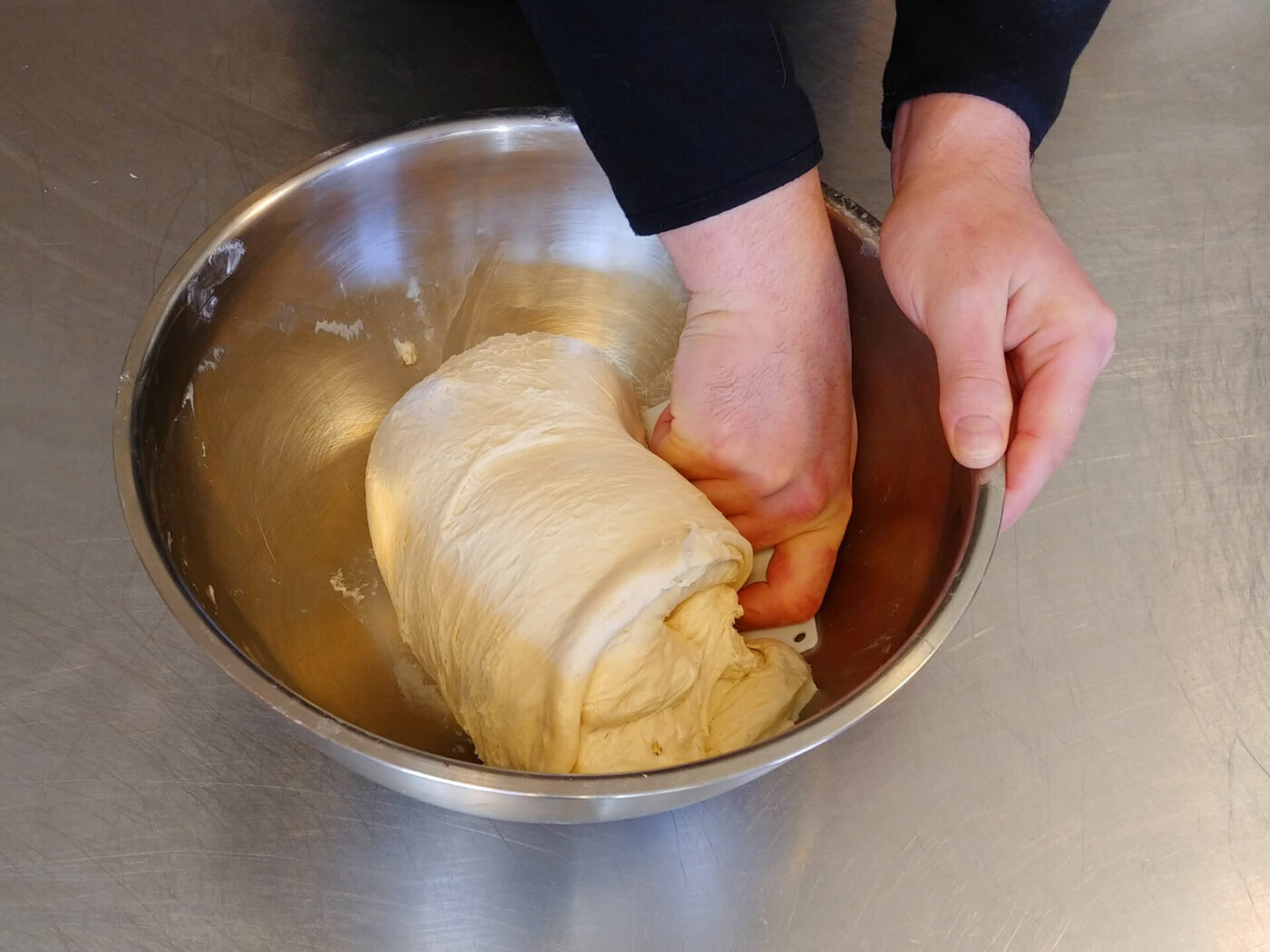
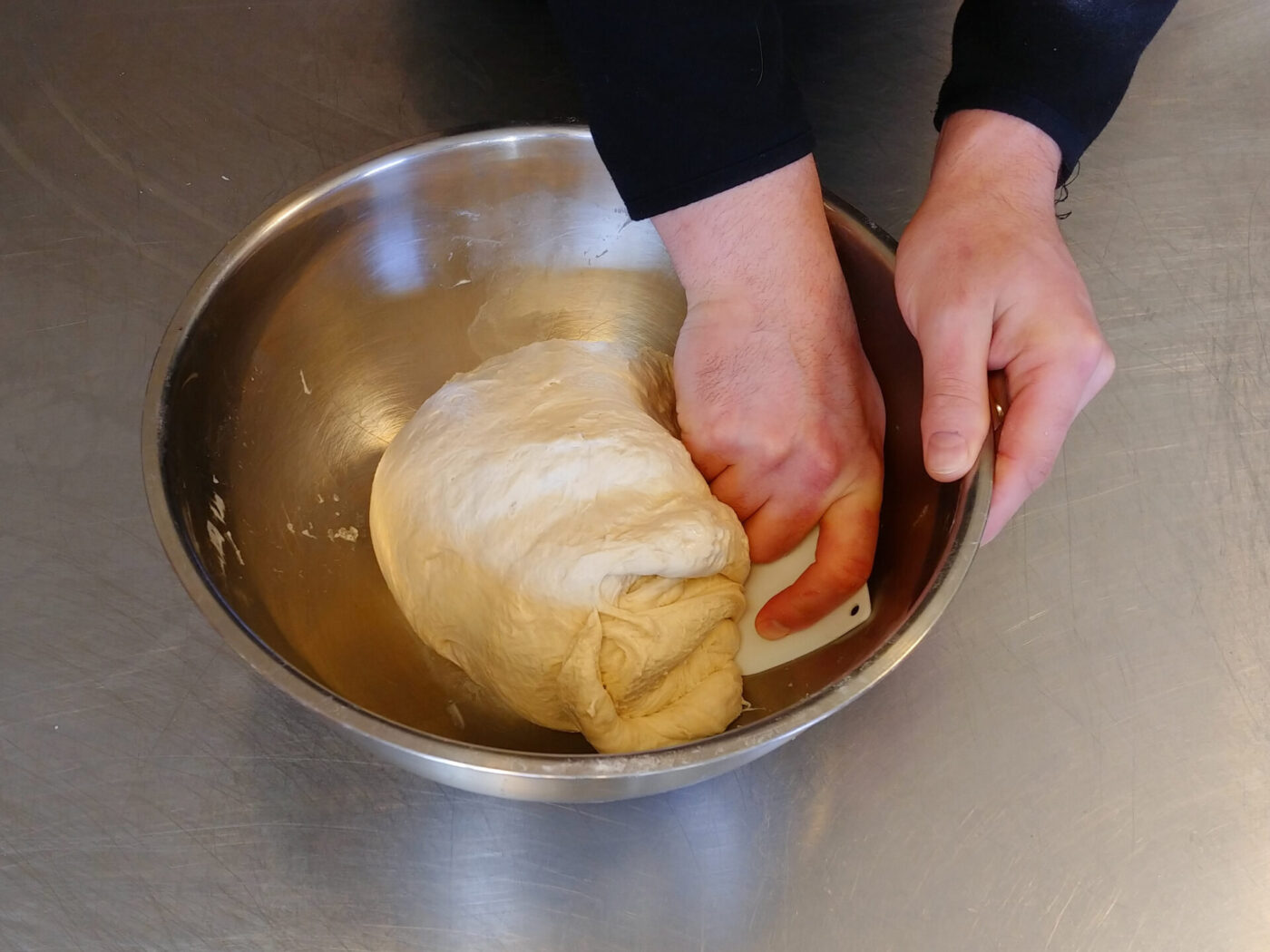
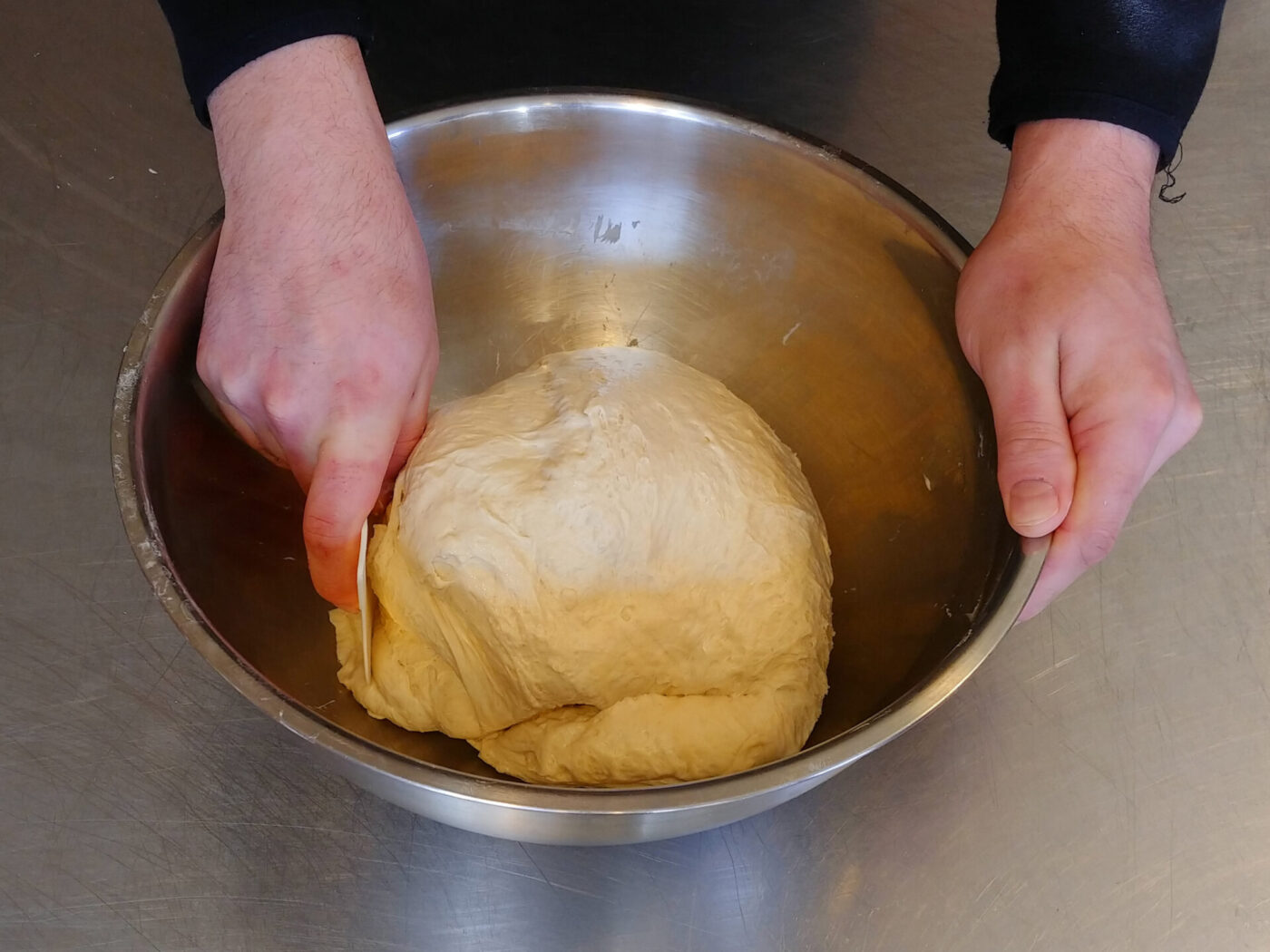
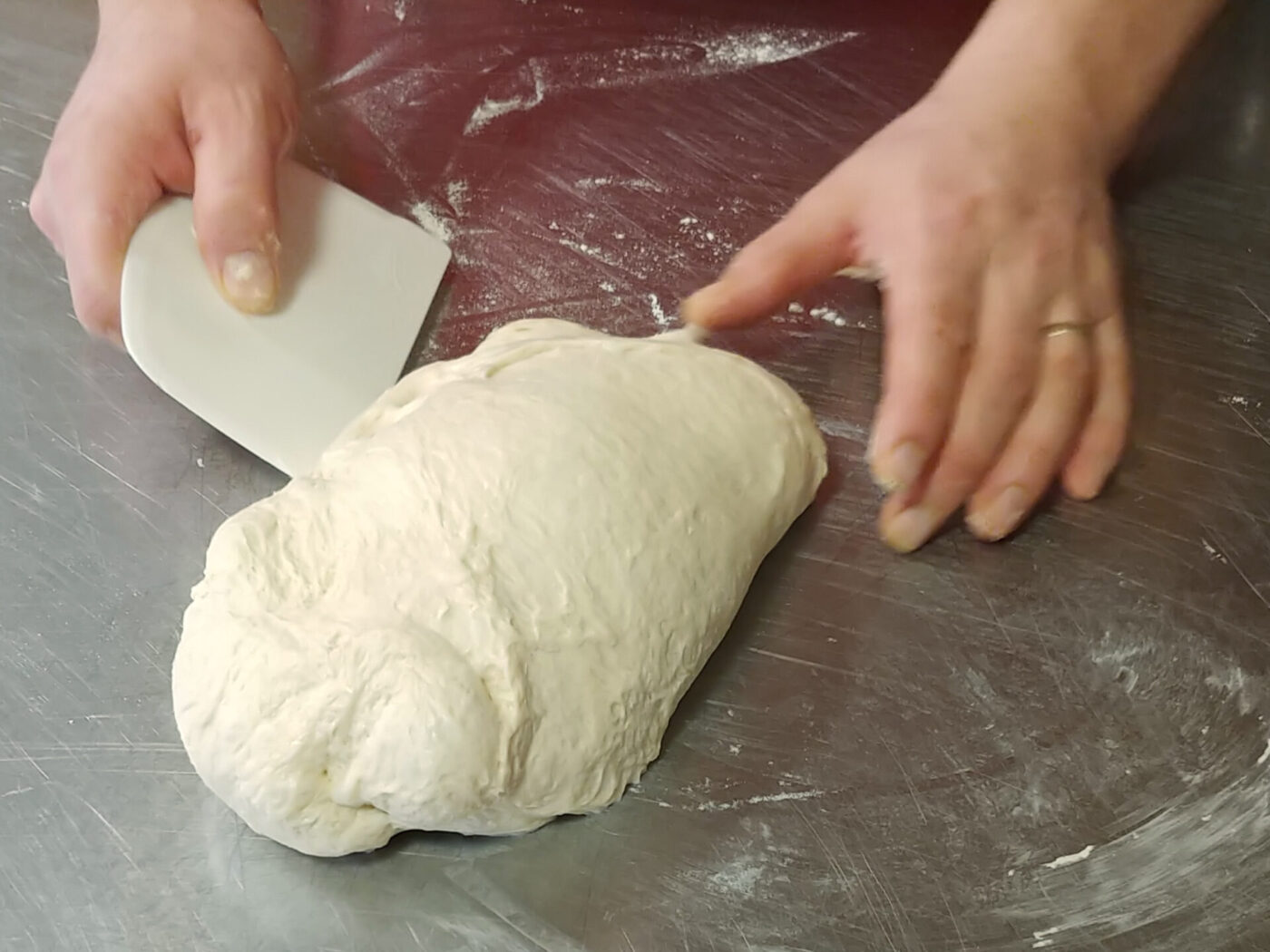
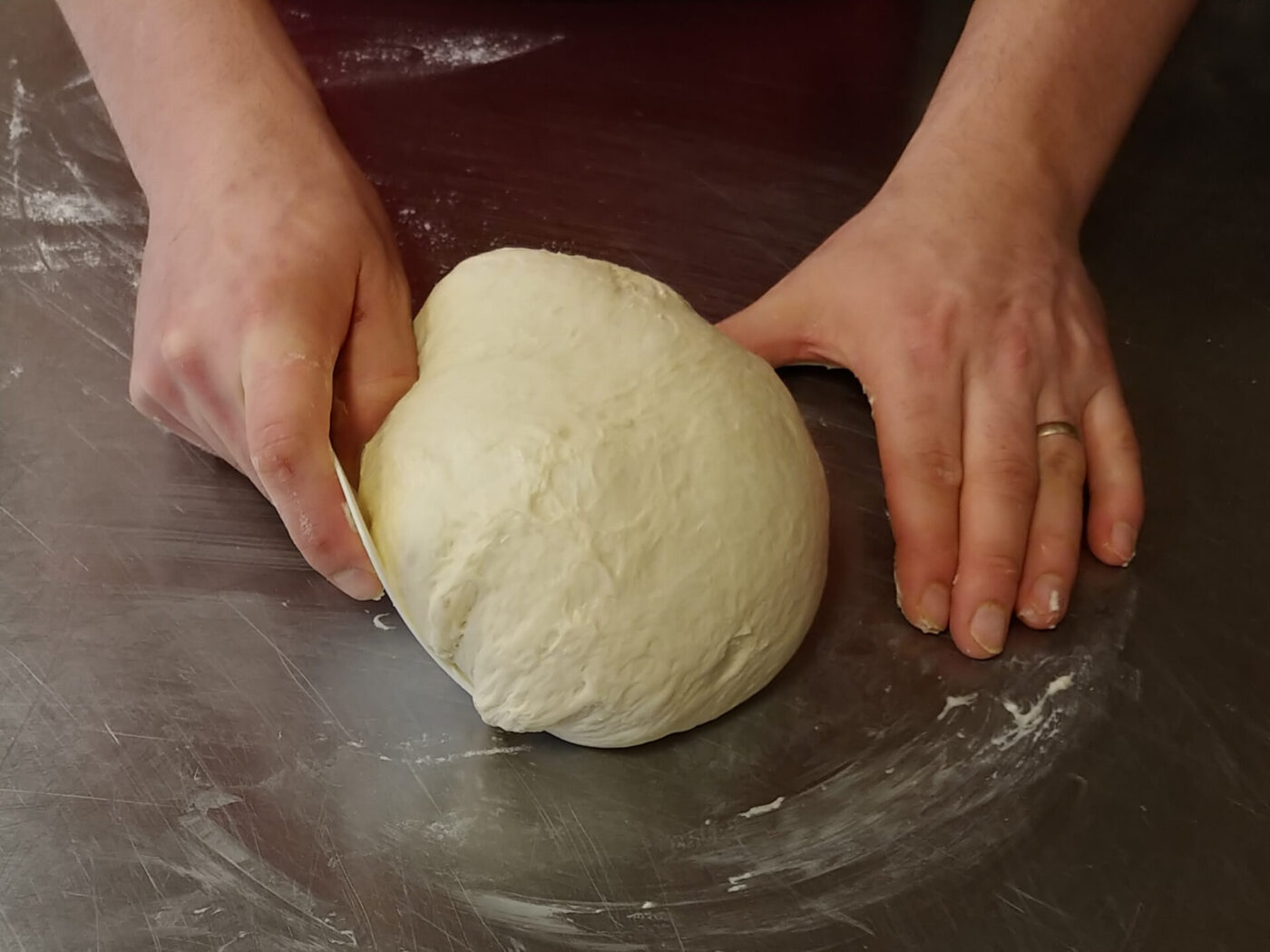
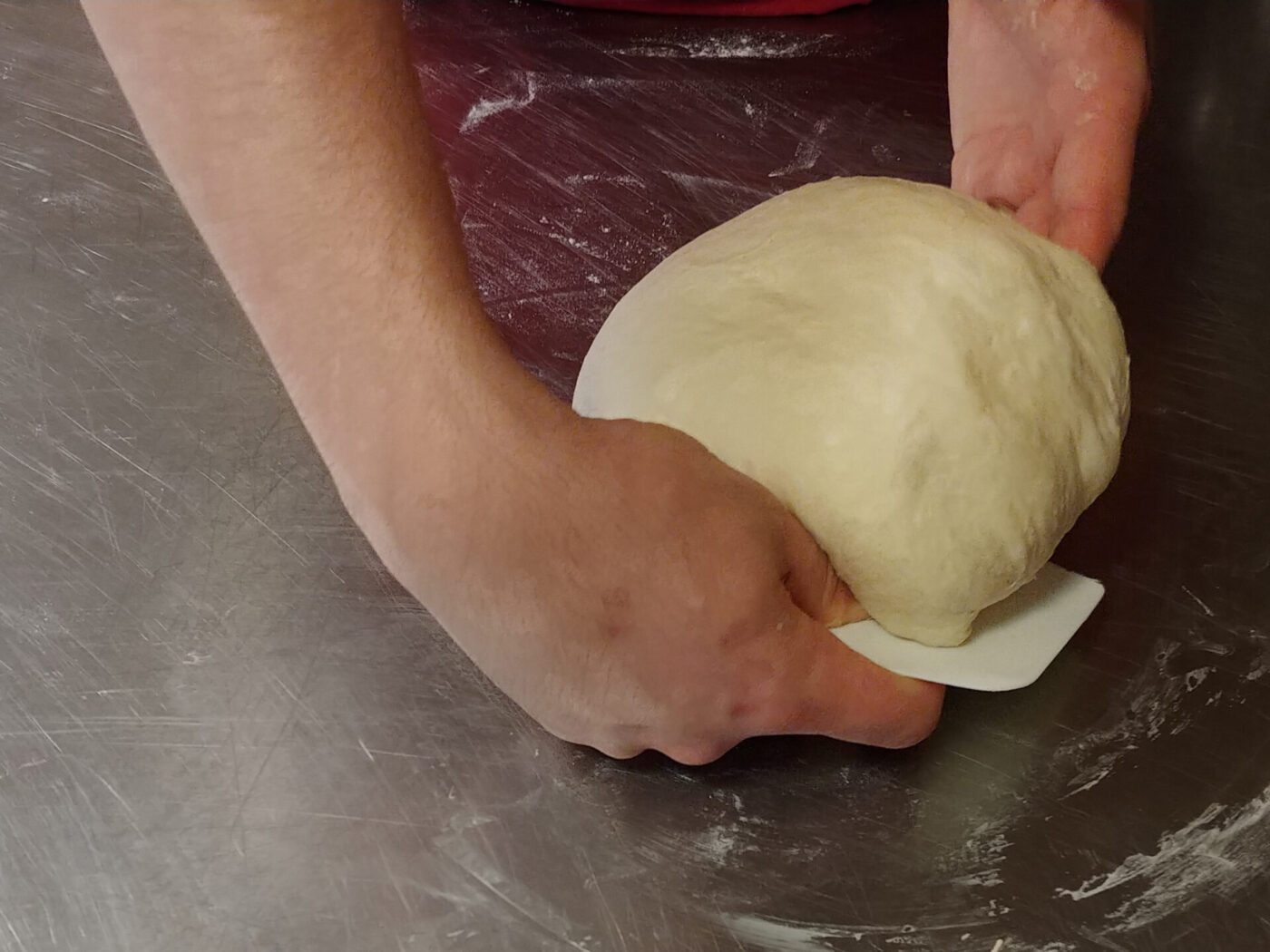
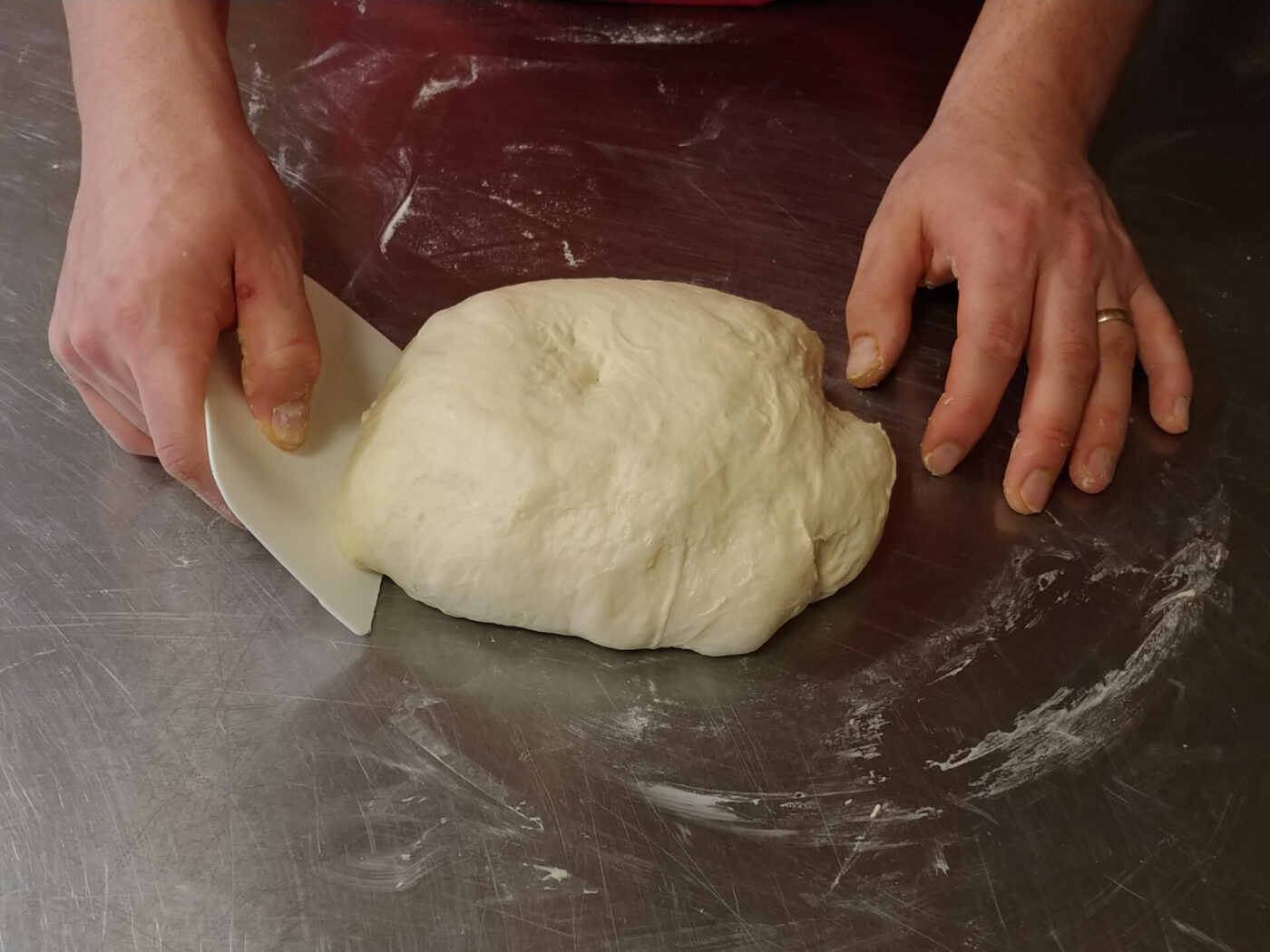
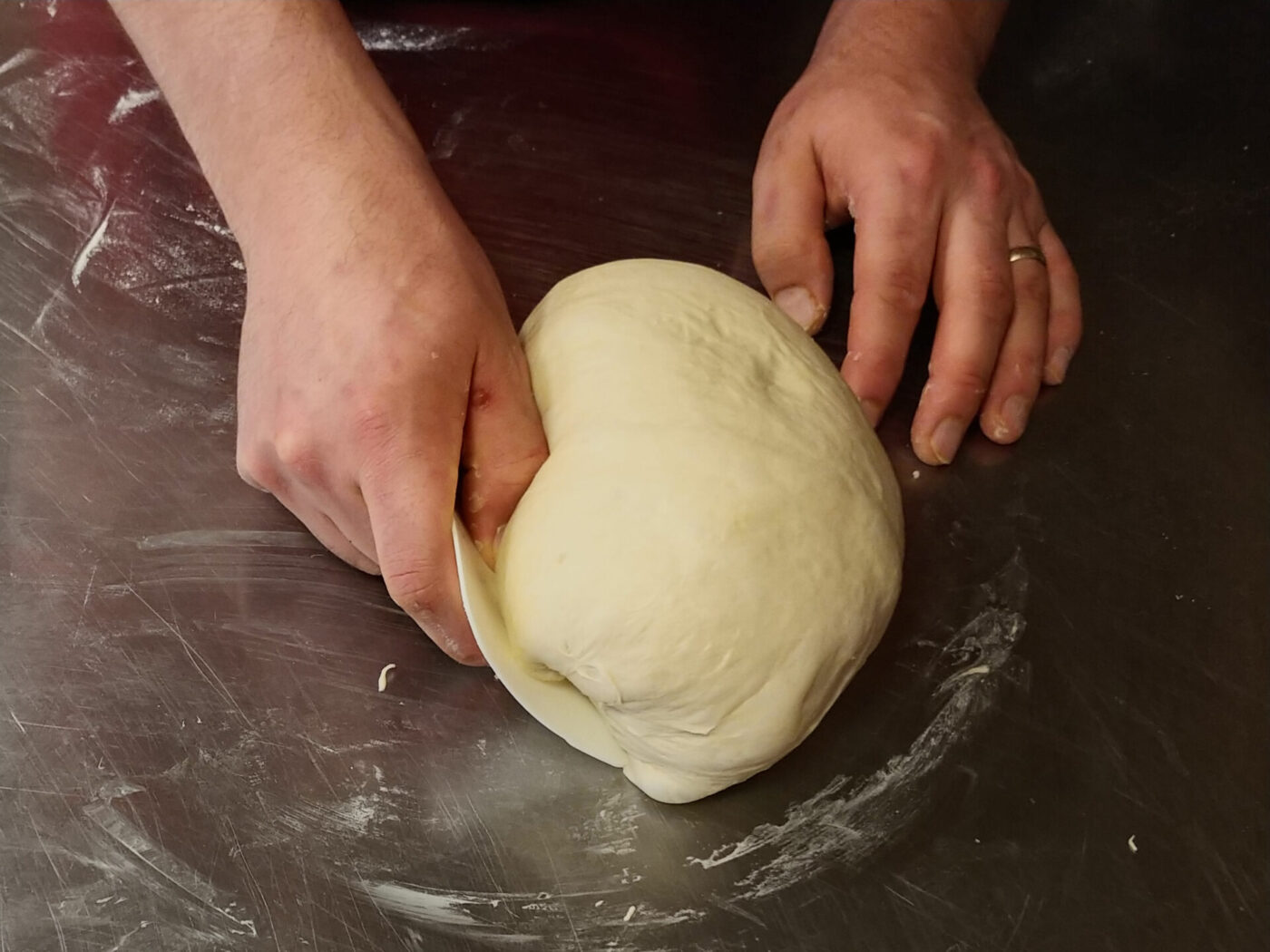
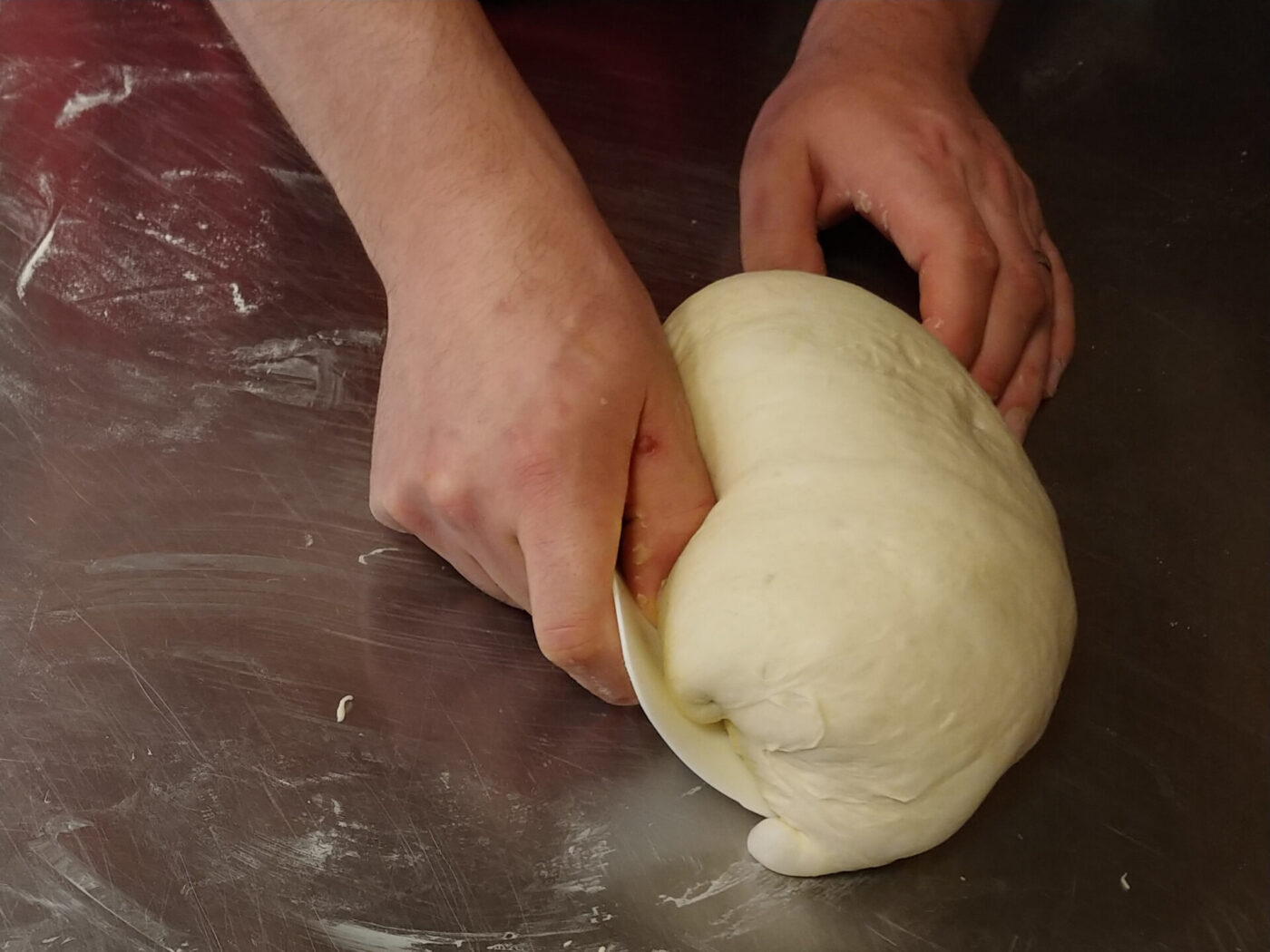
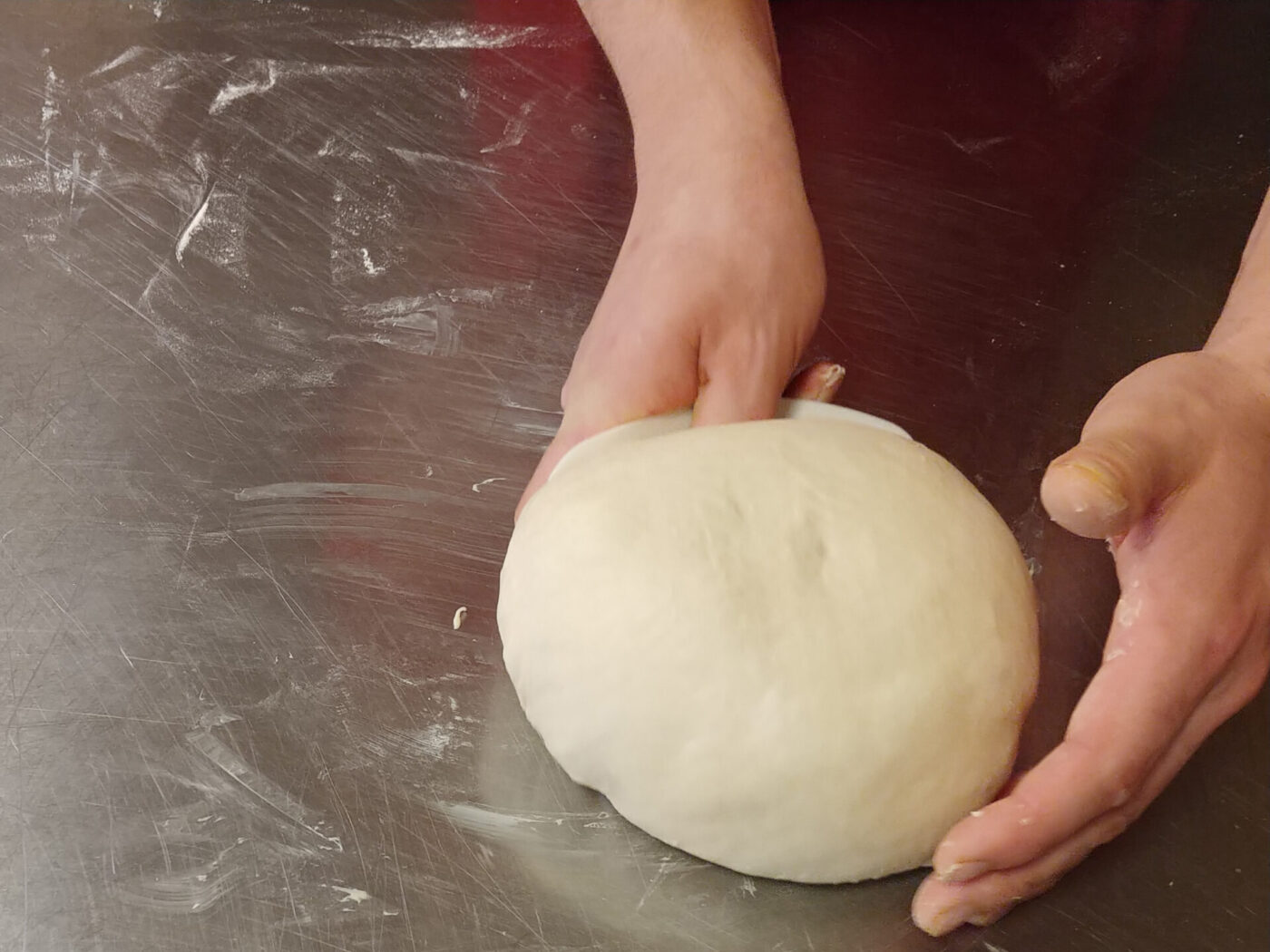
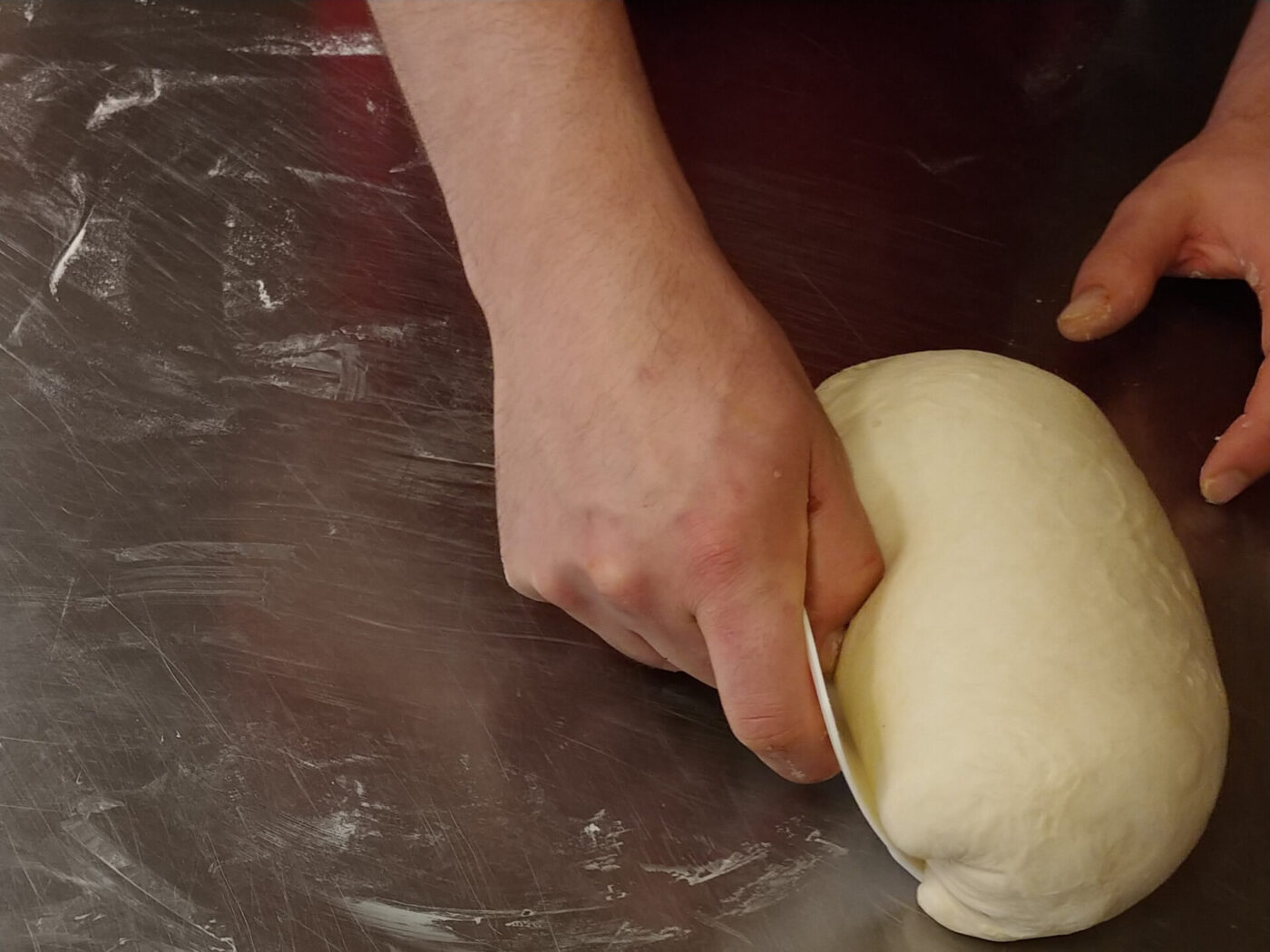
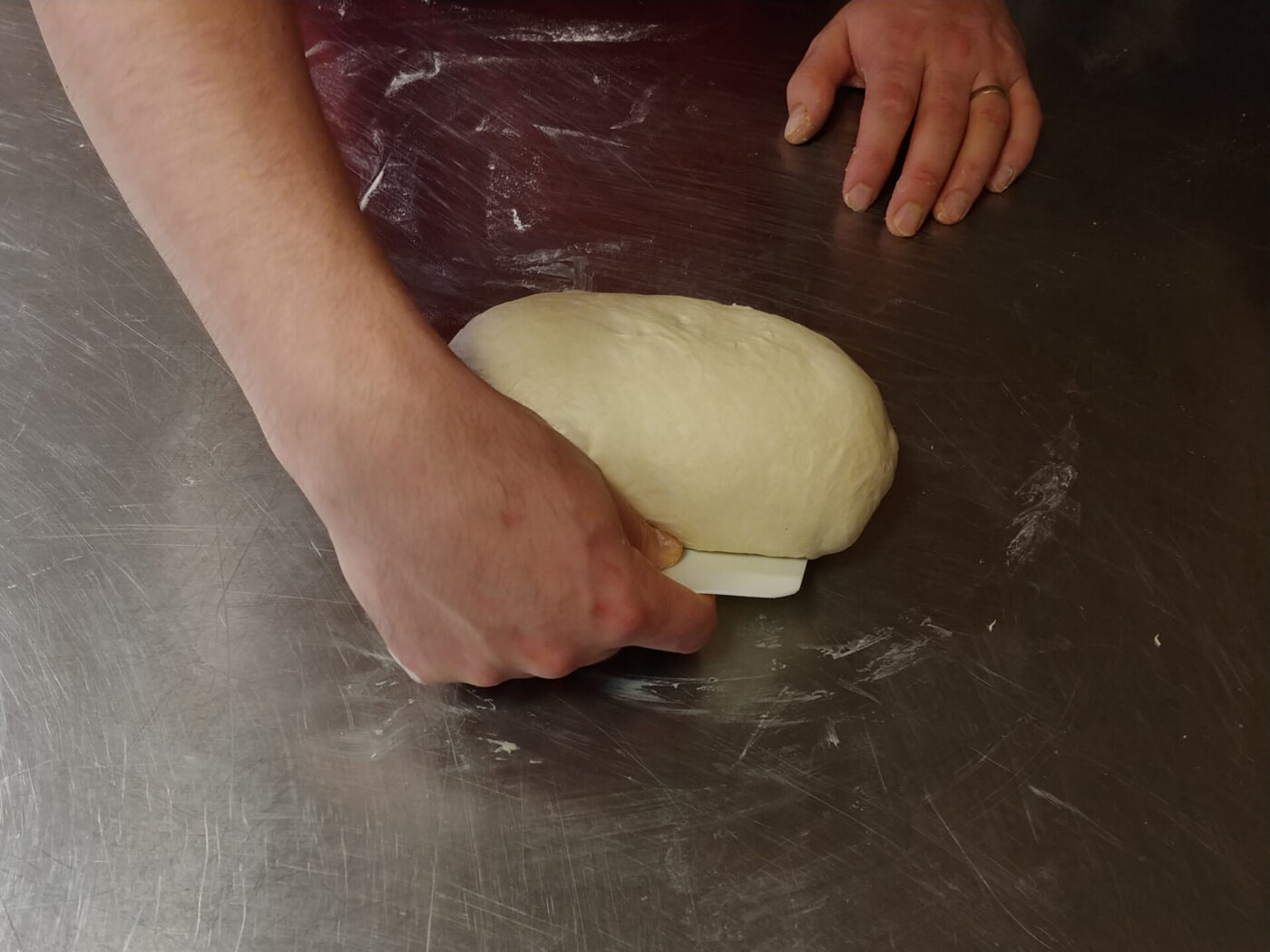
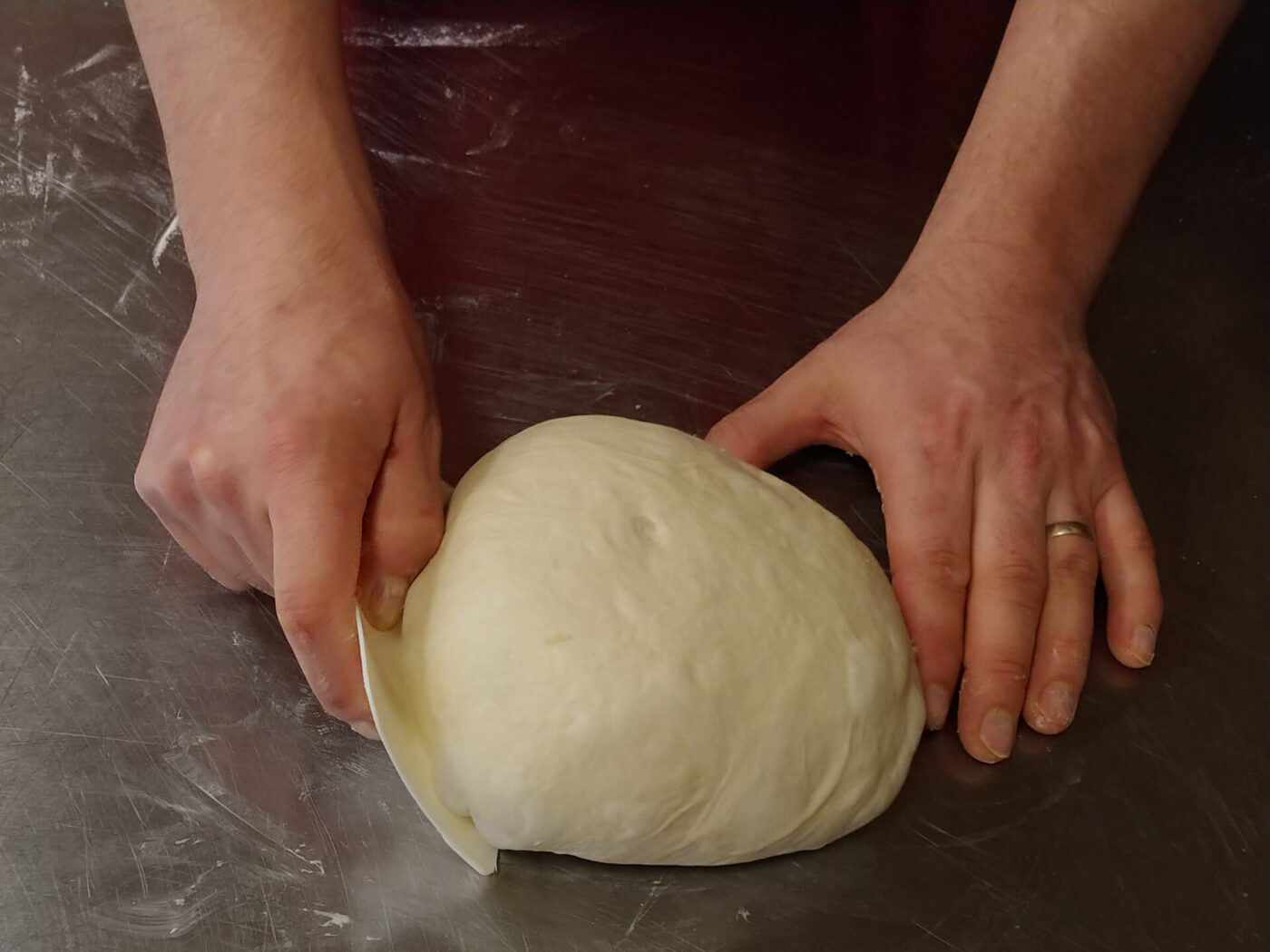
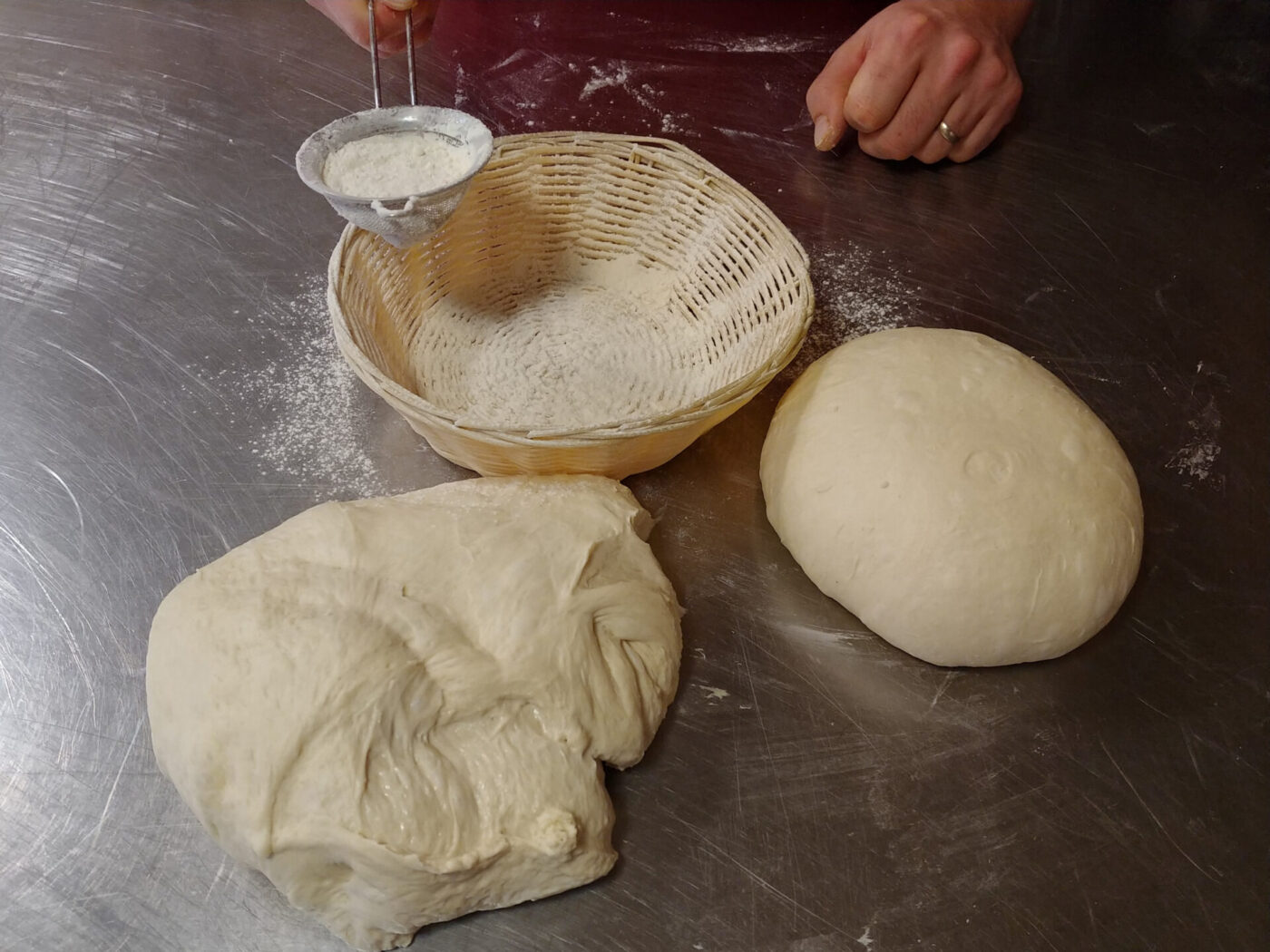
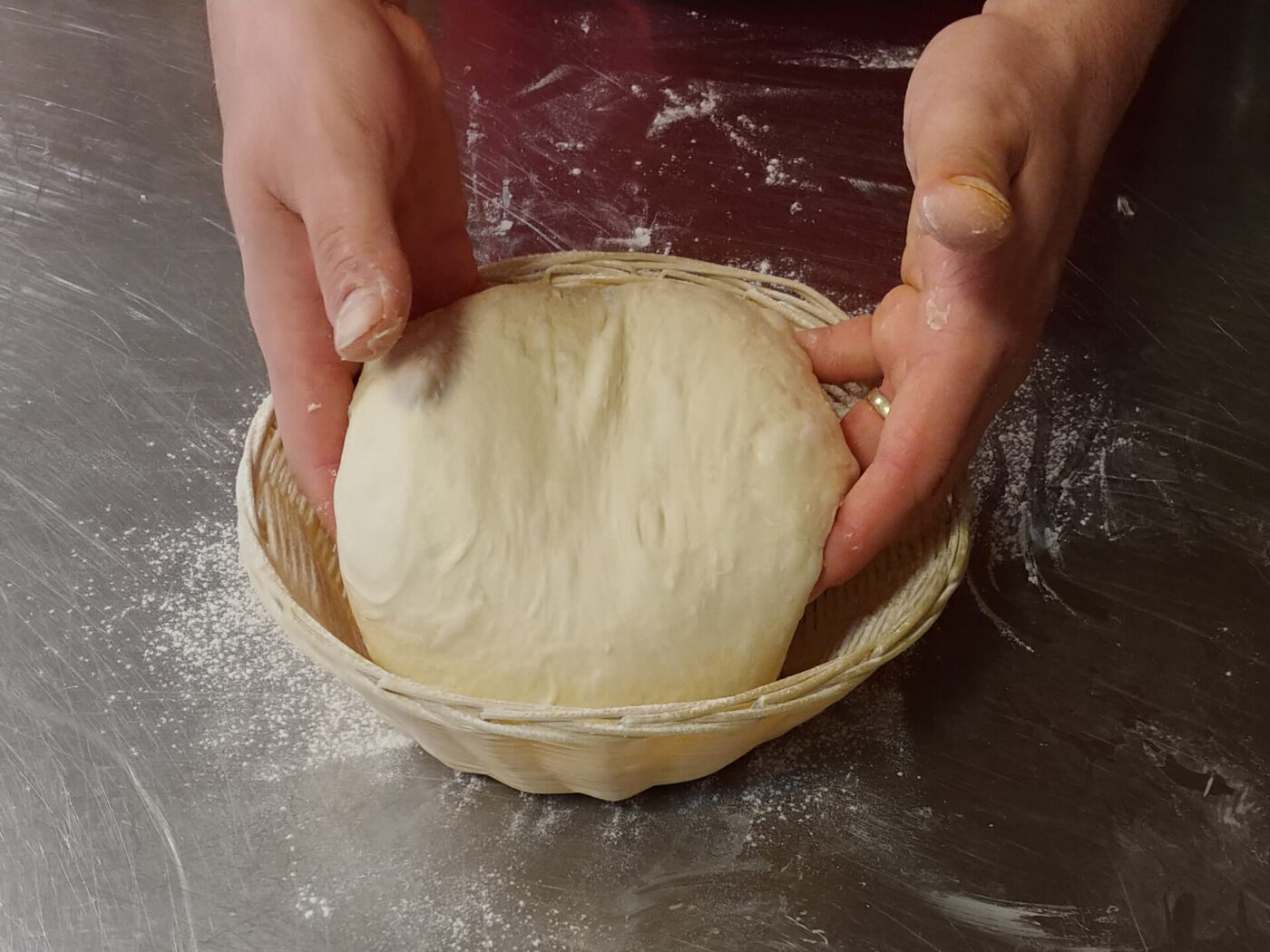
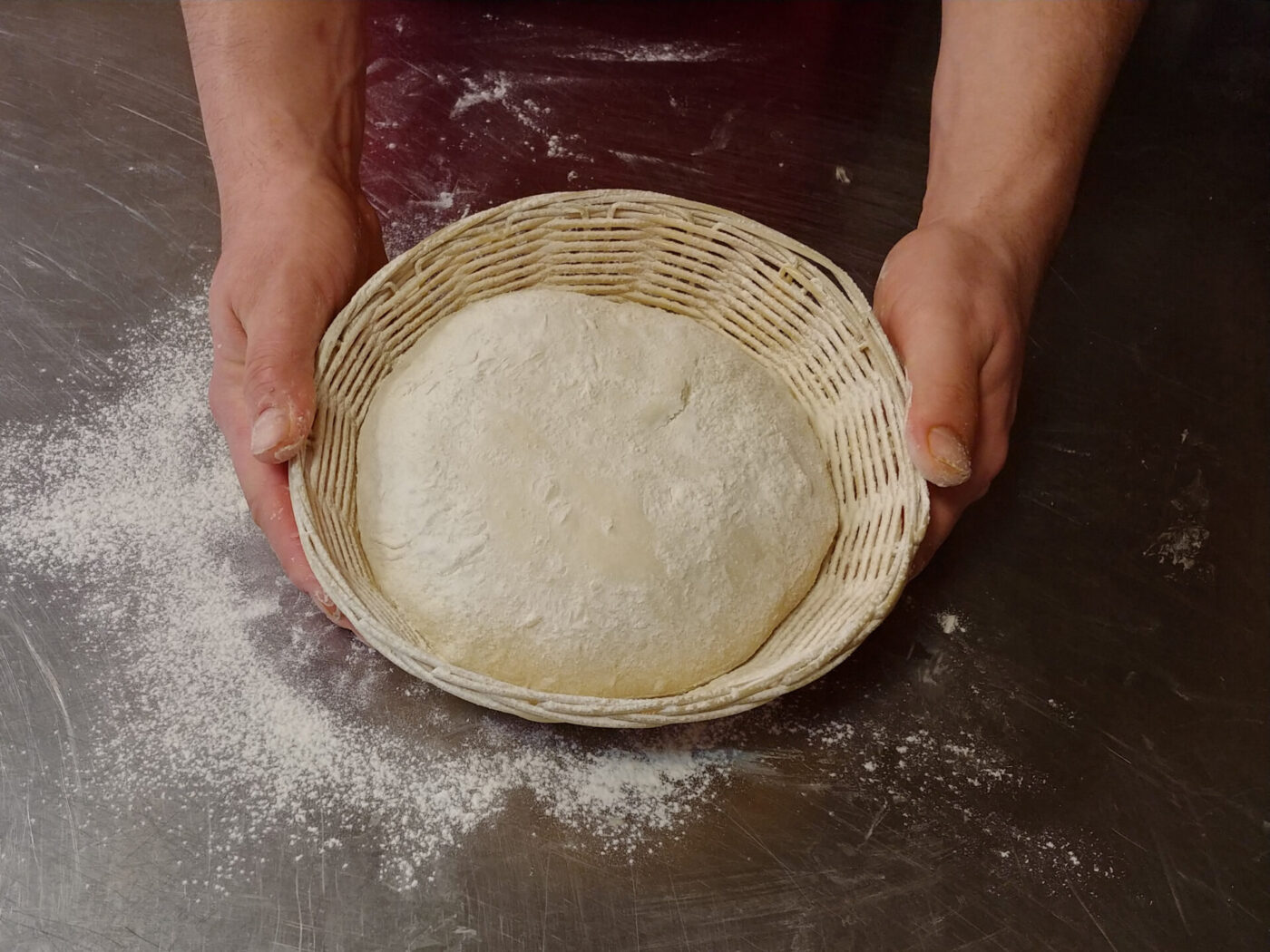
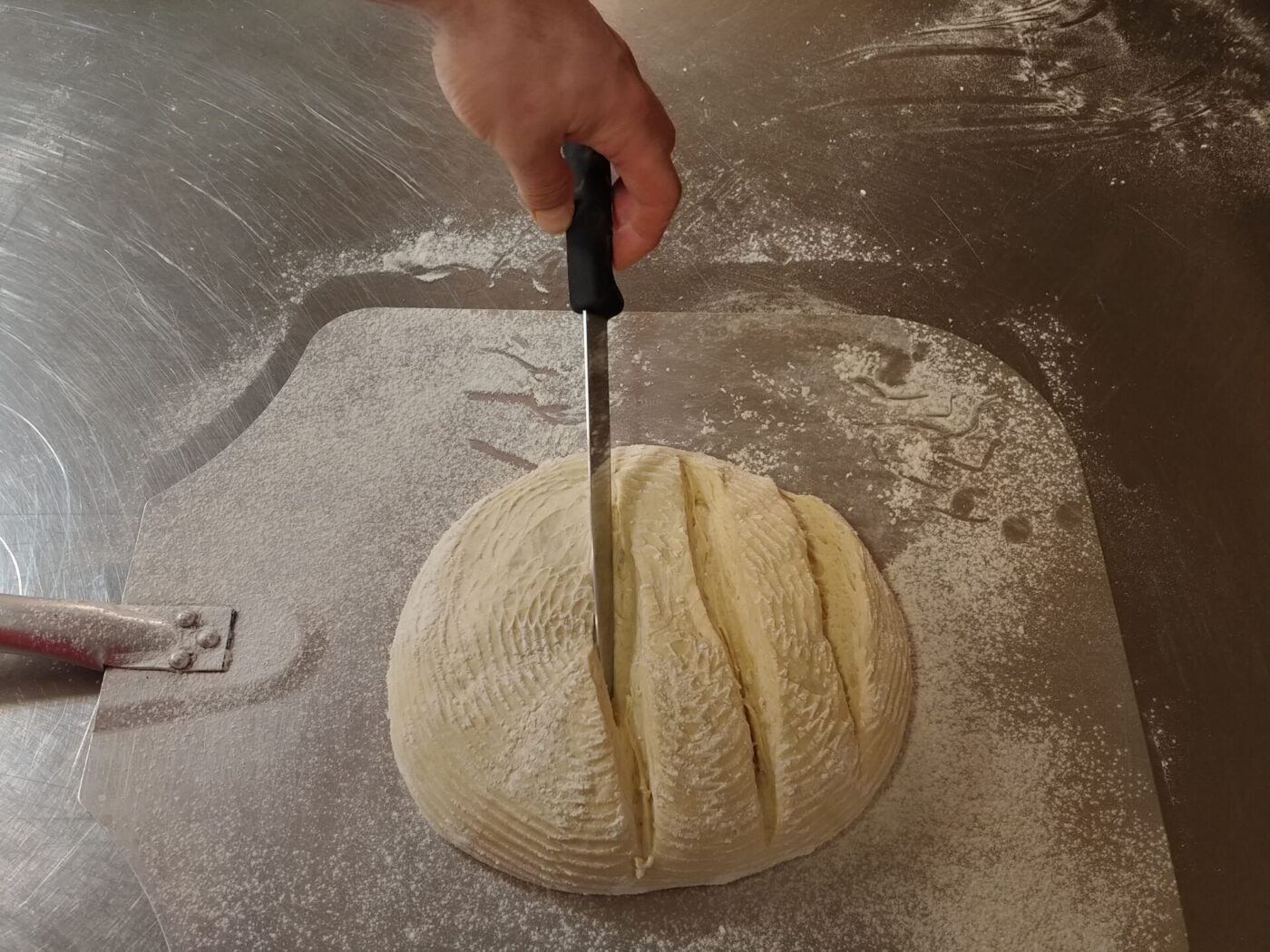

Share
Click on the icons below to share "Title of the item to share"